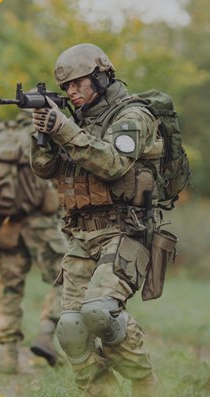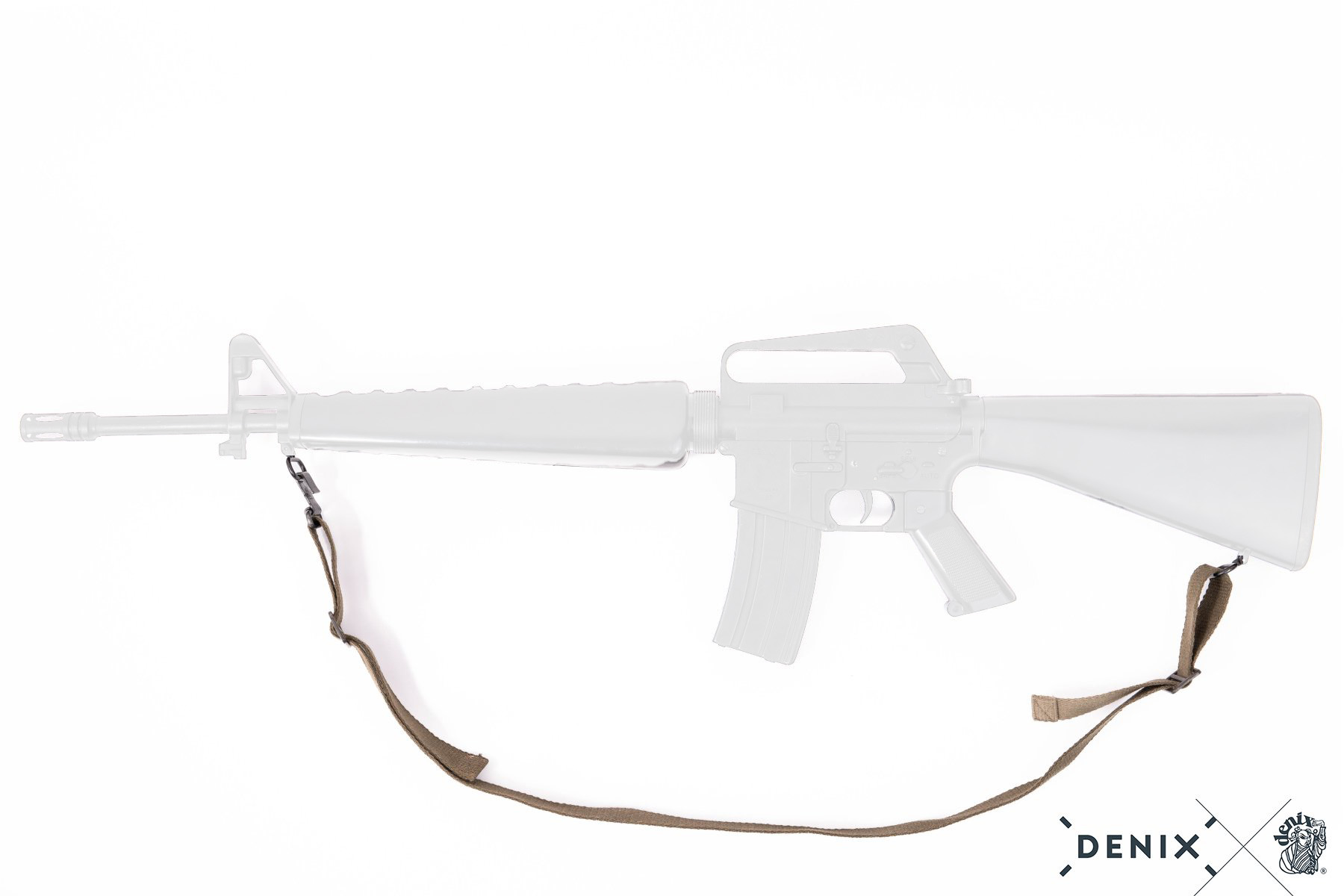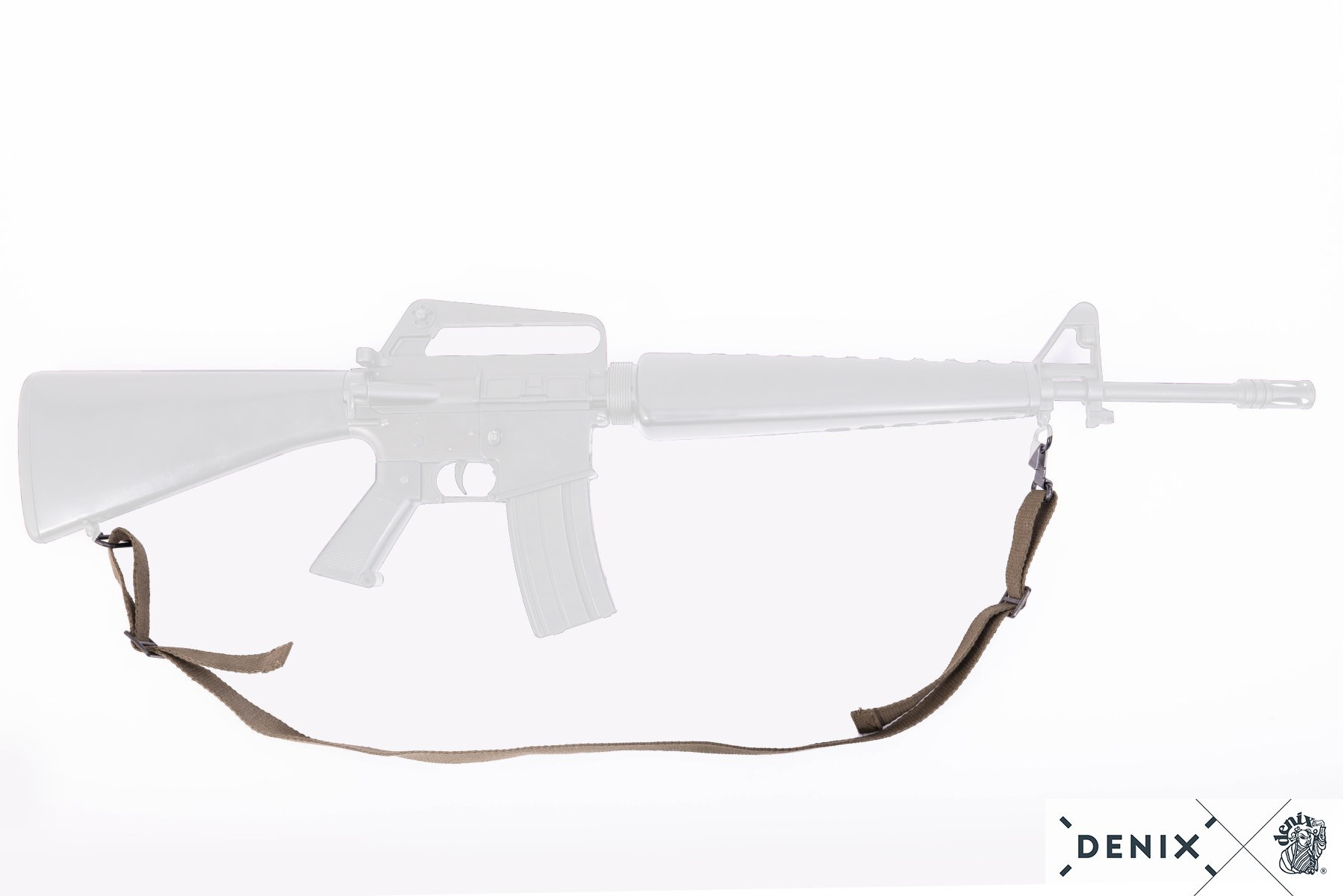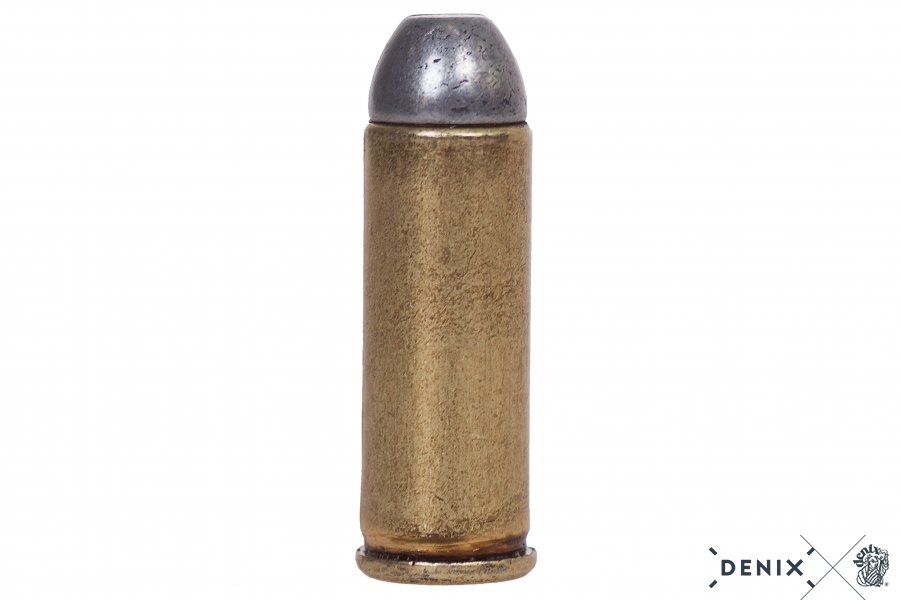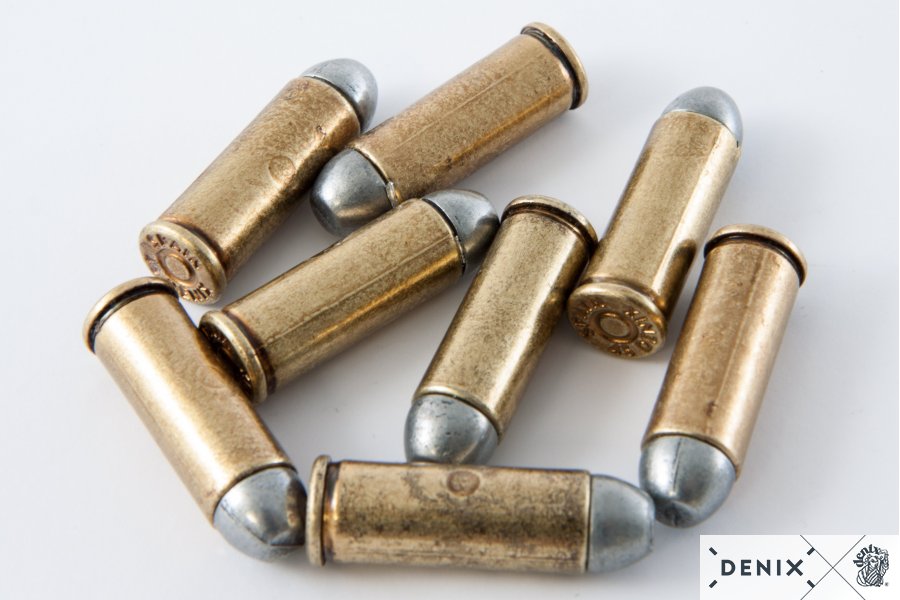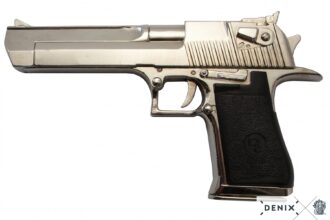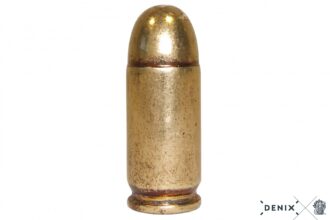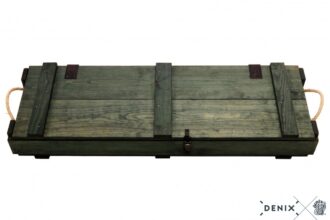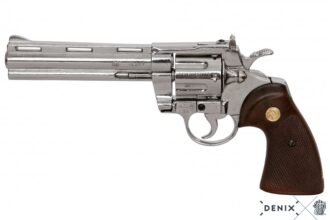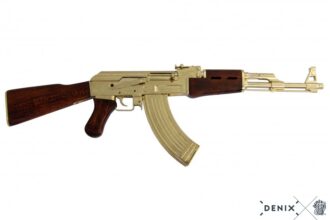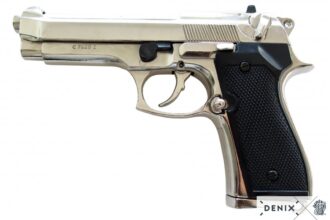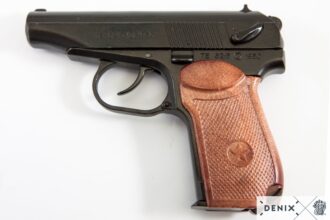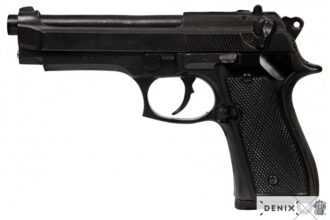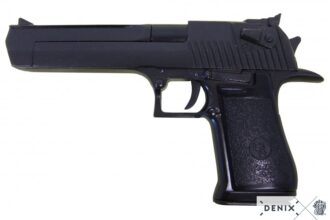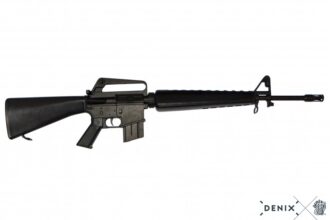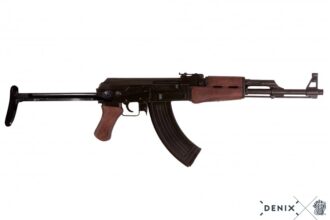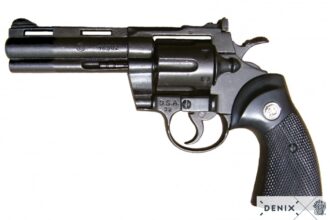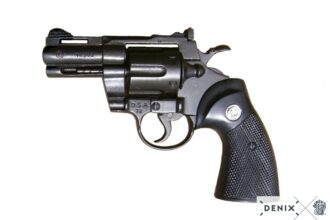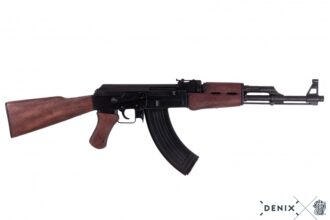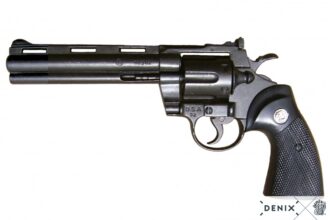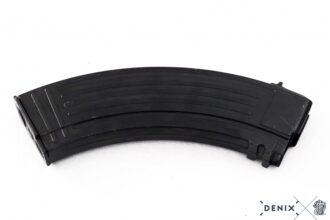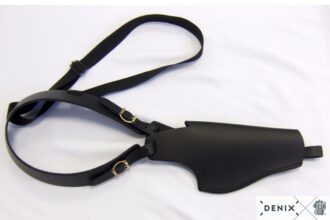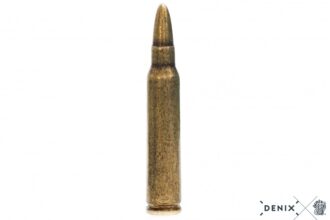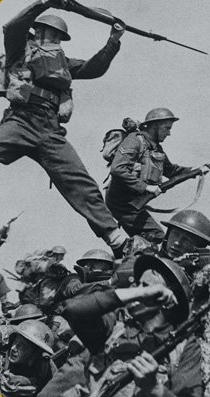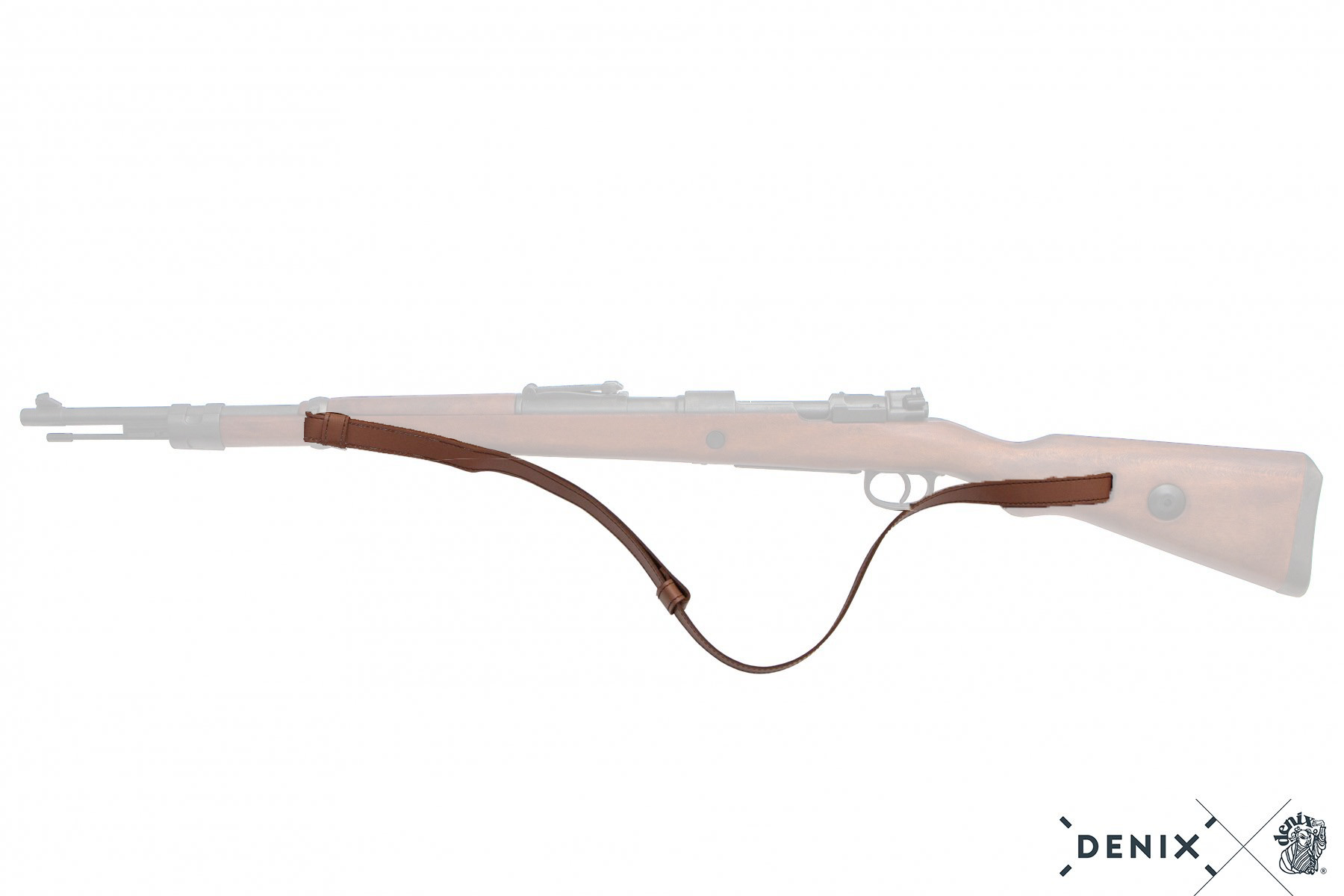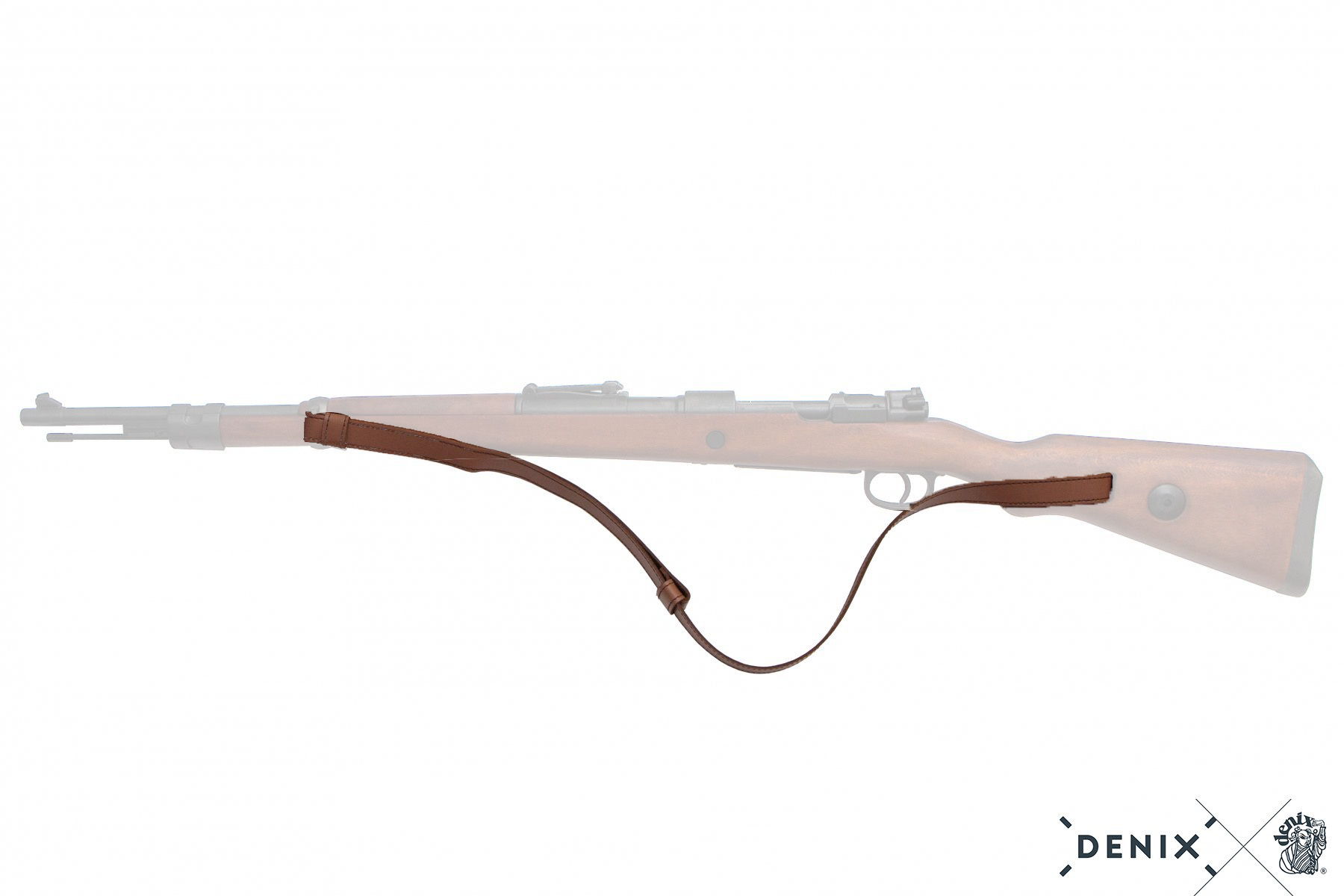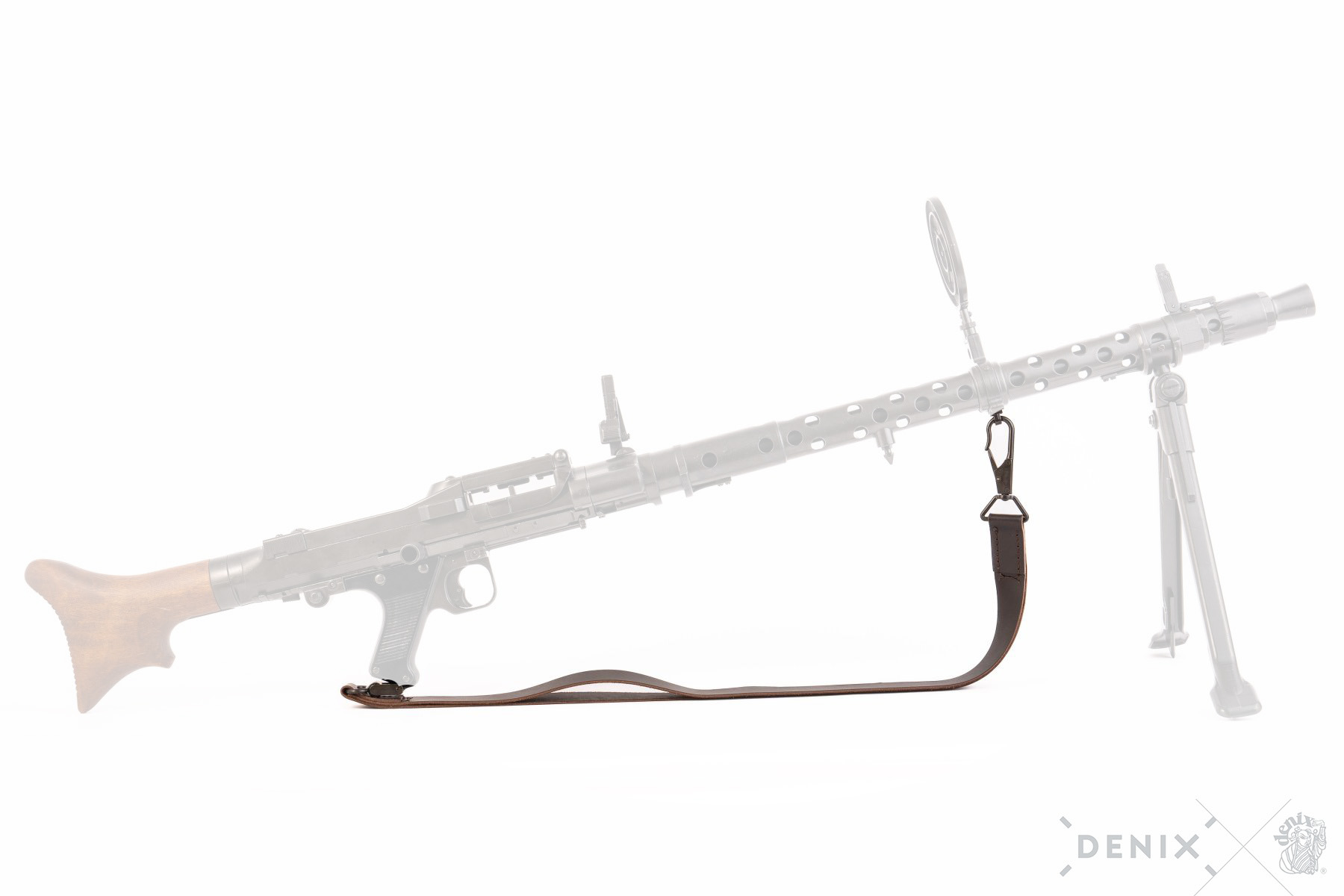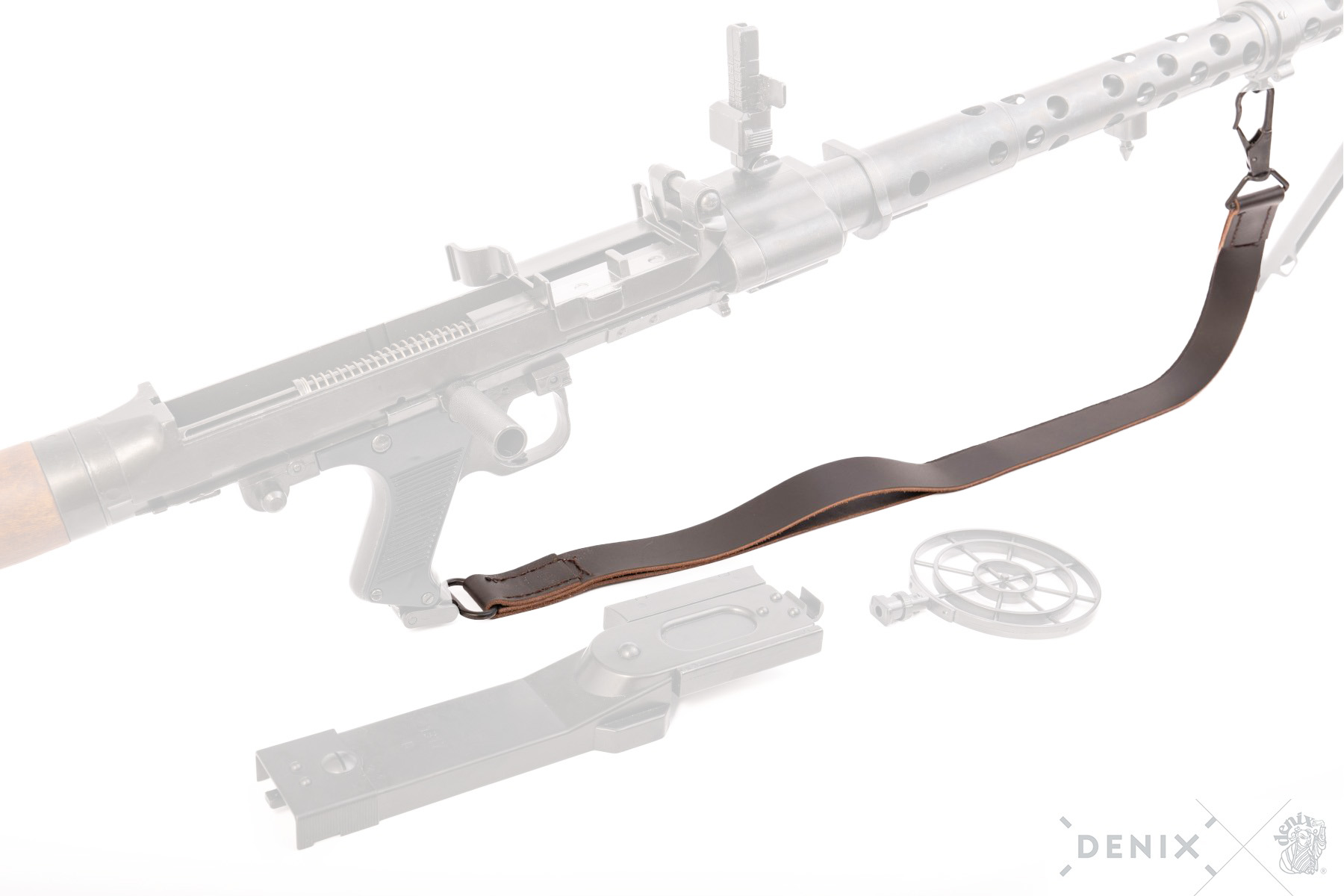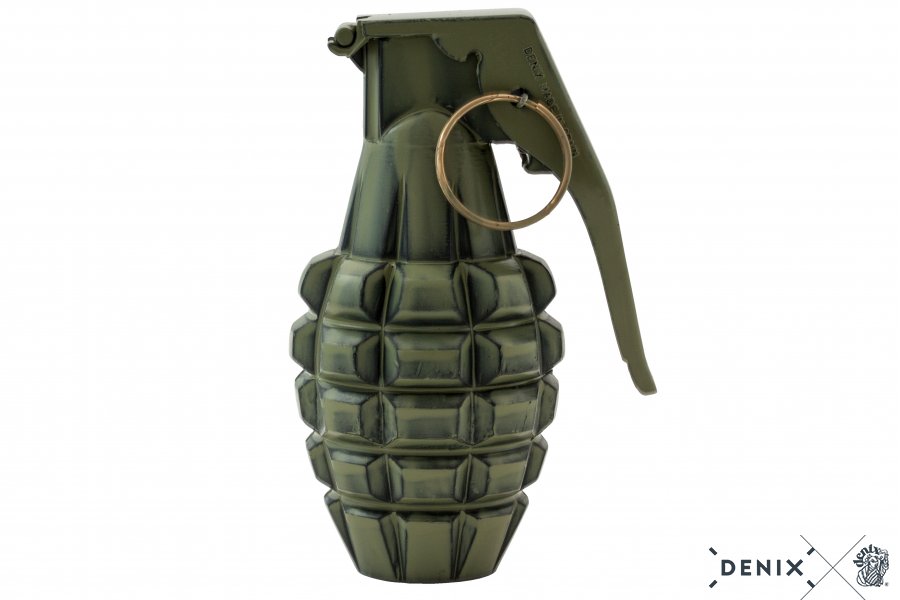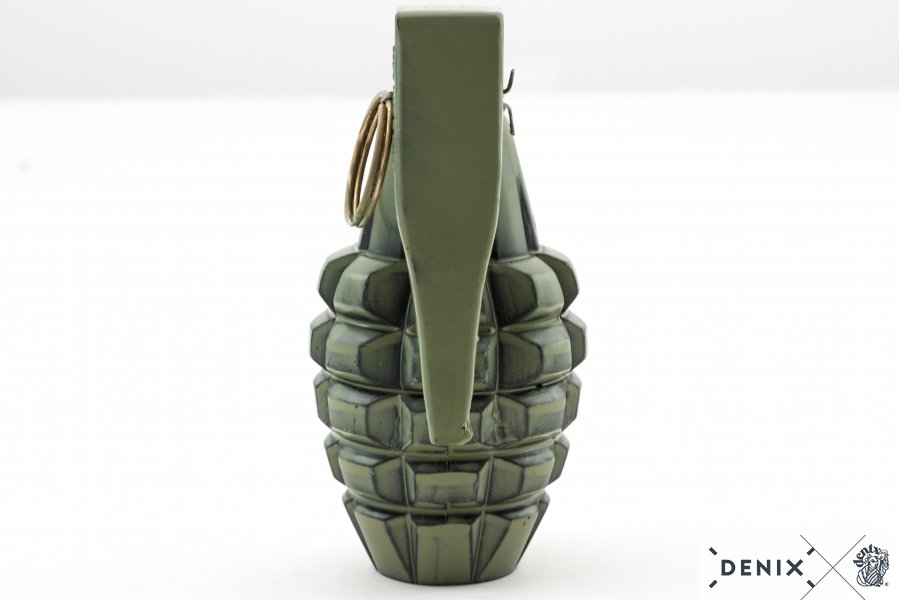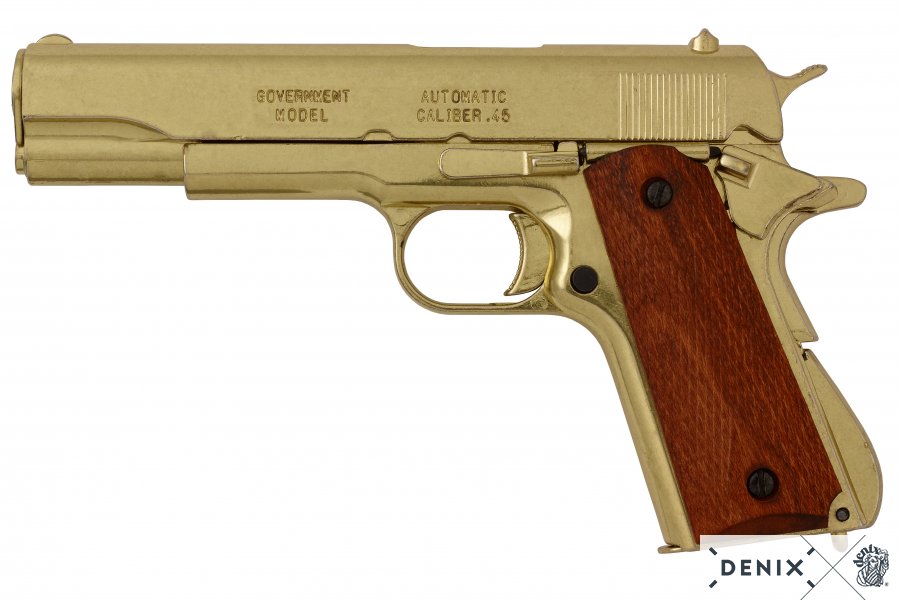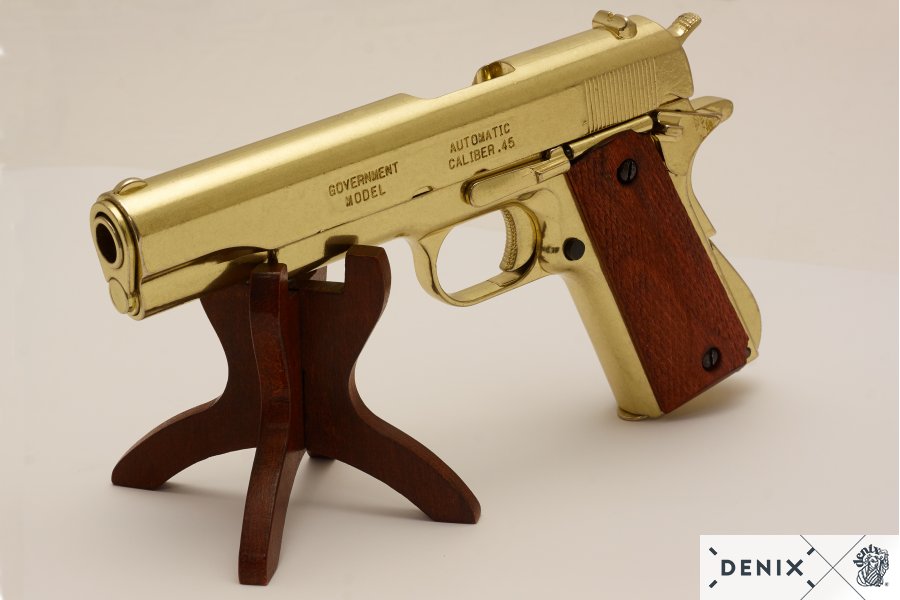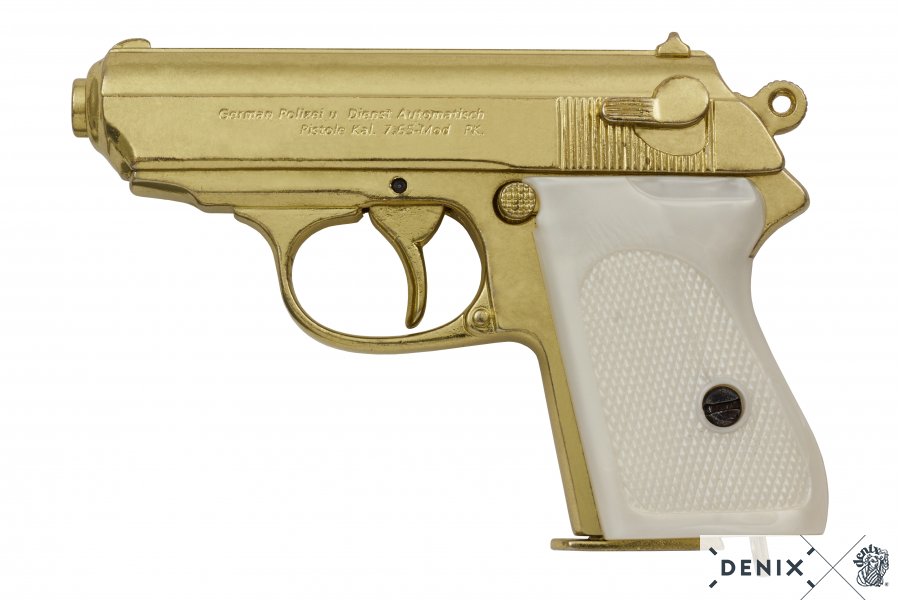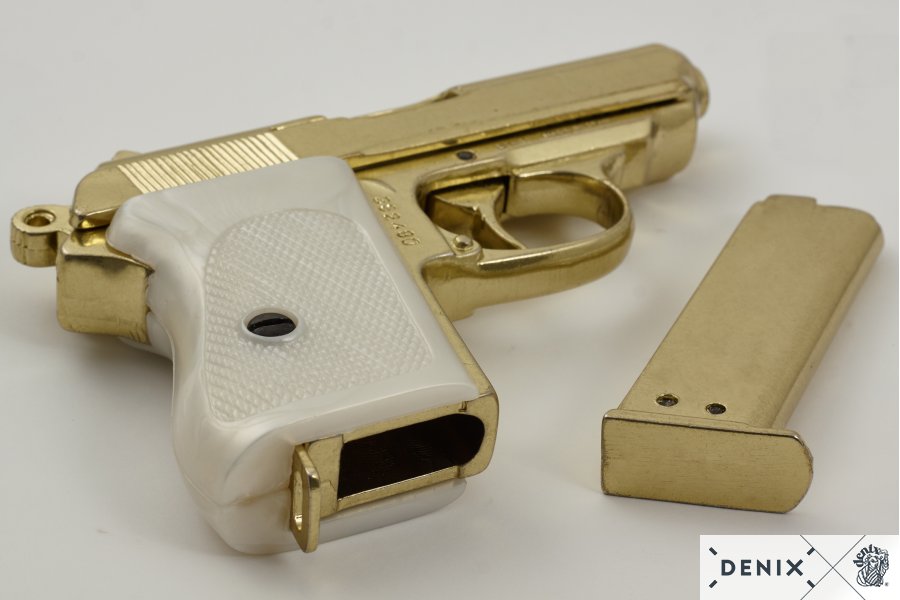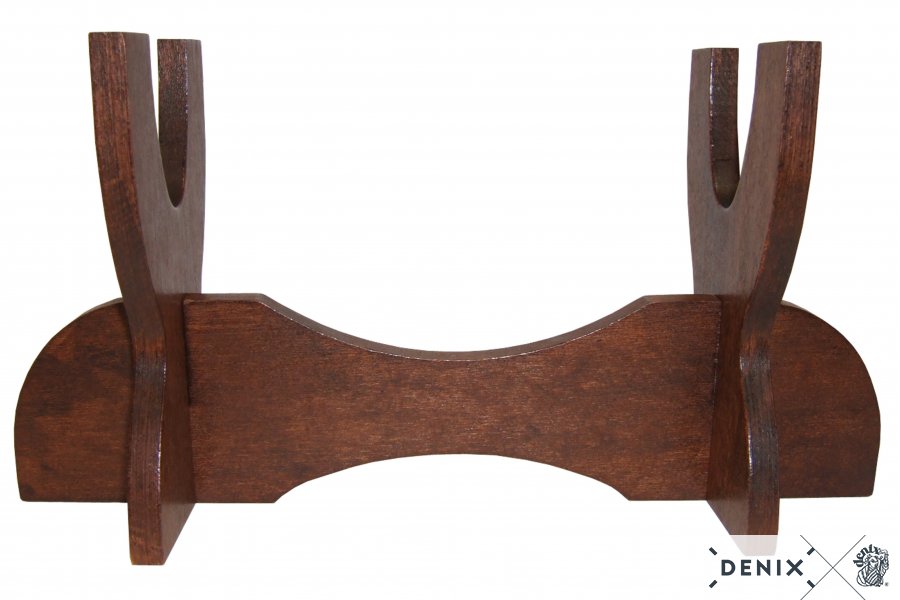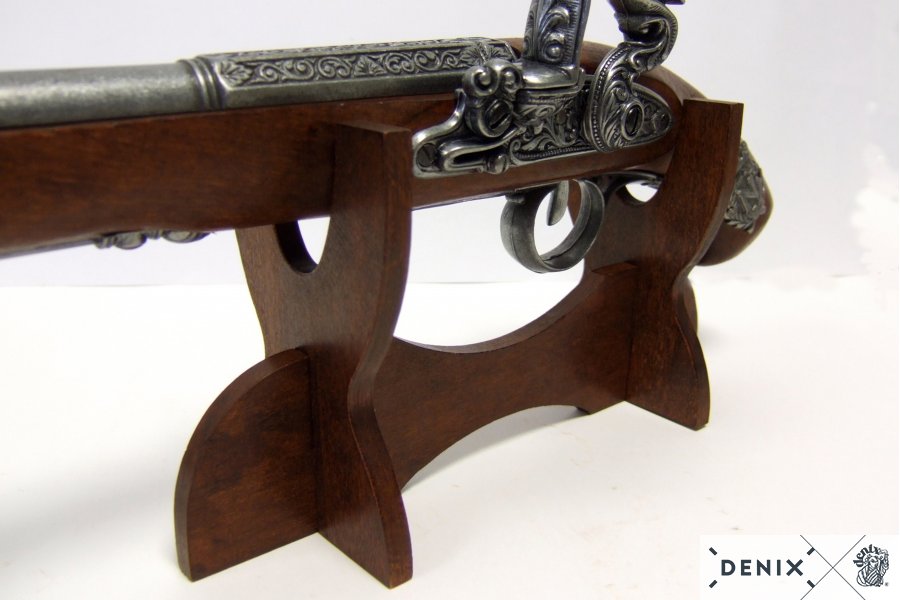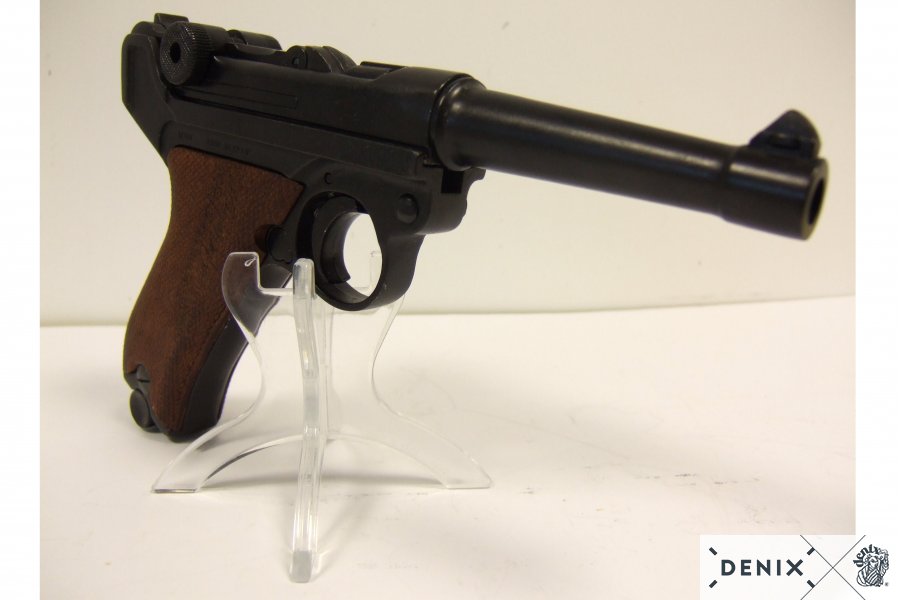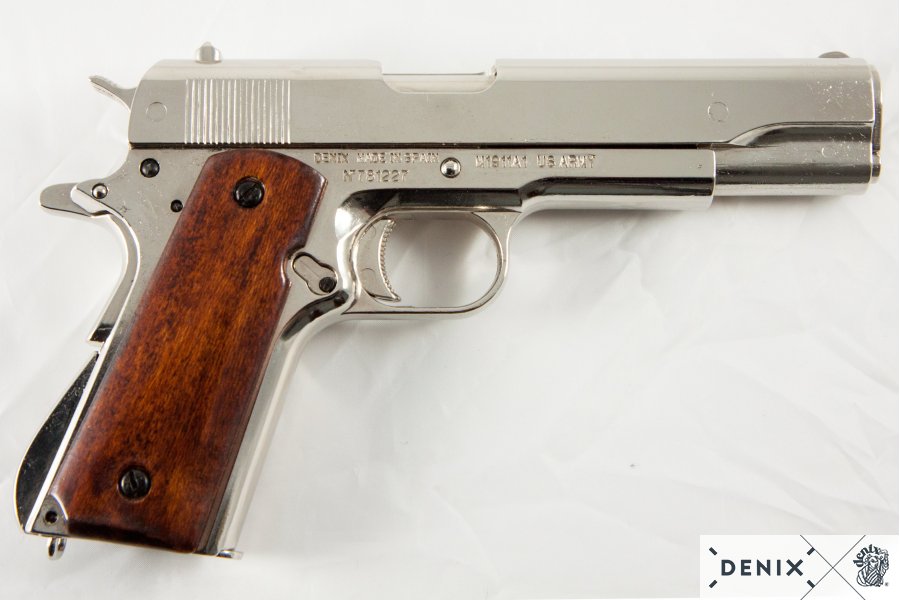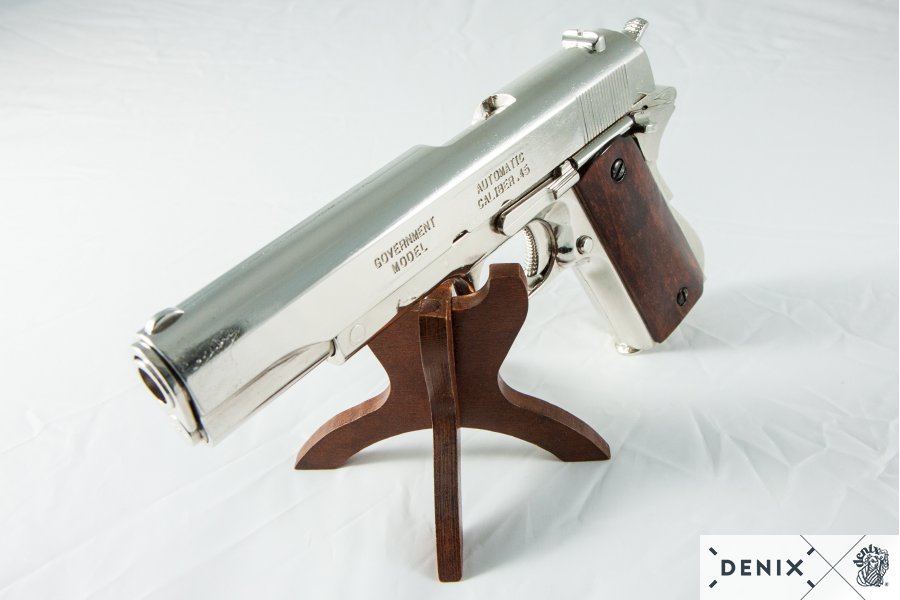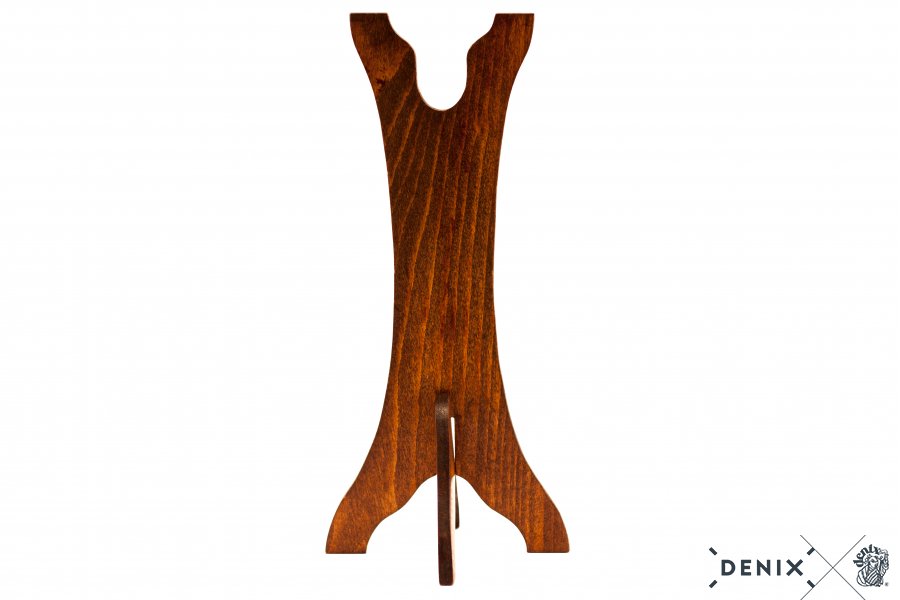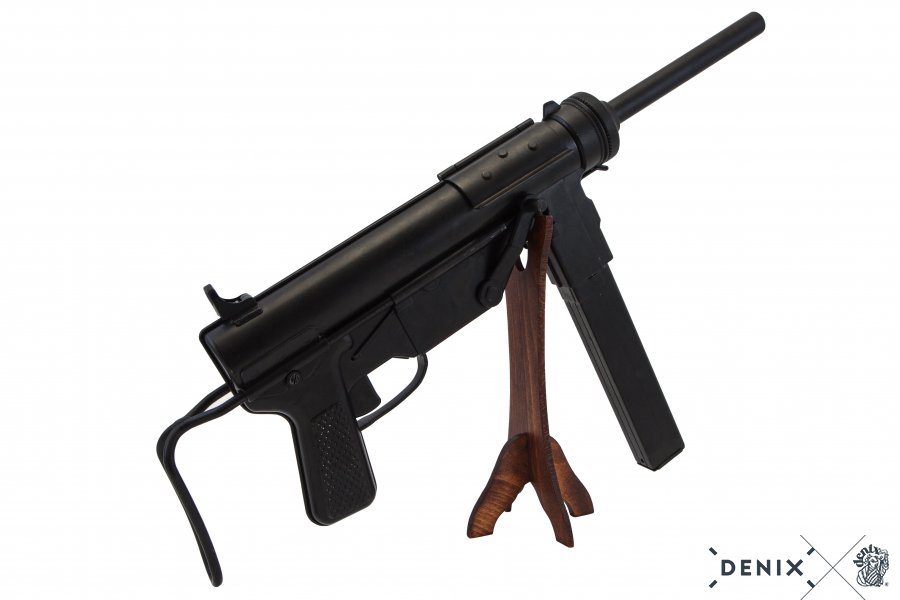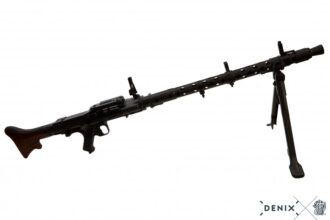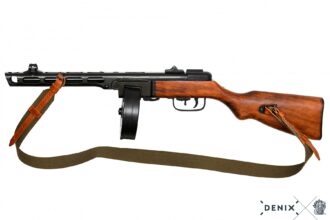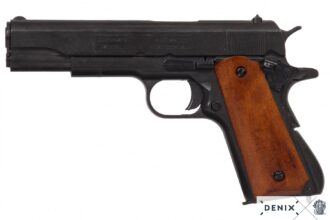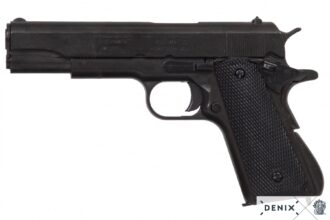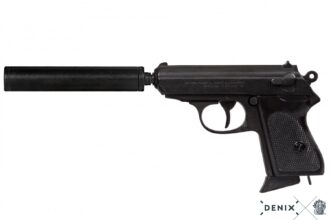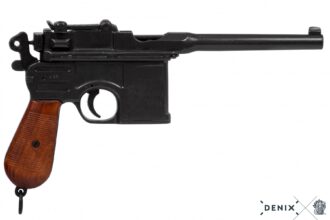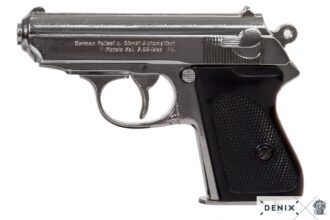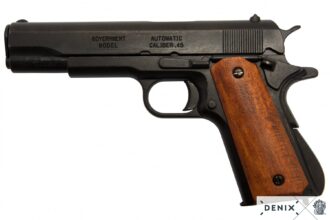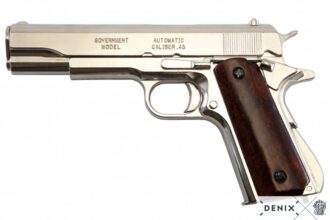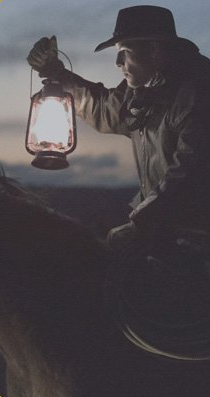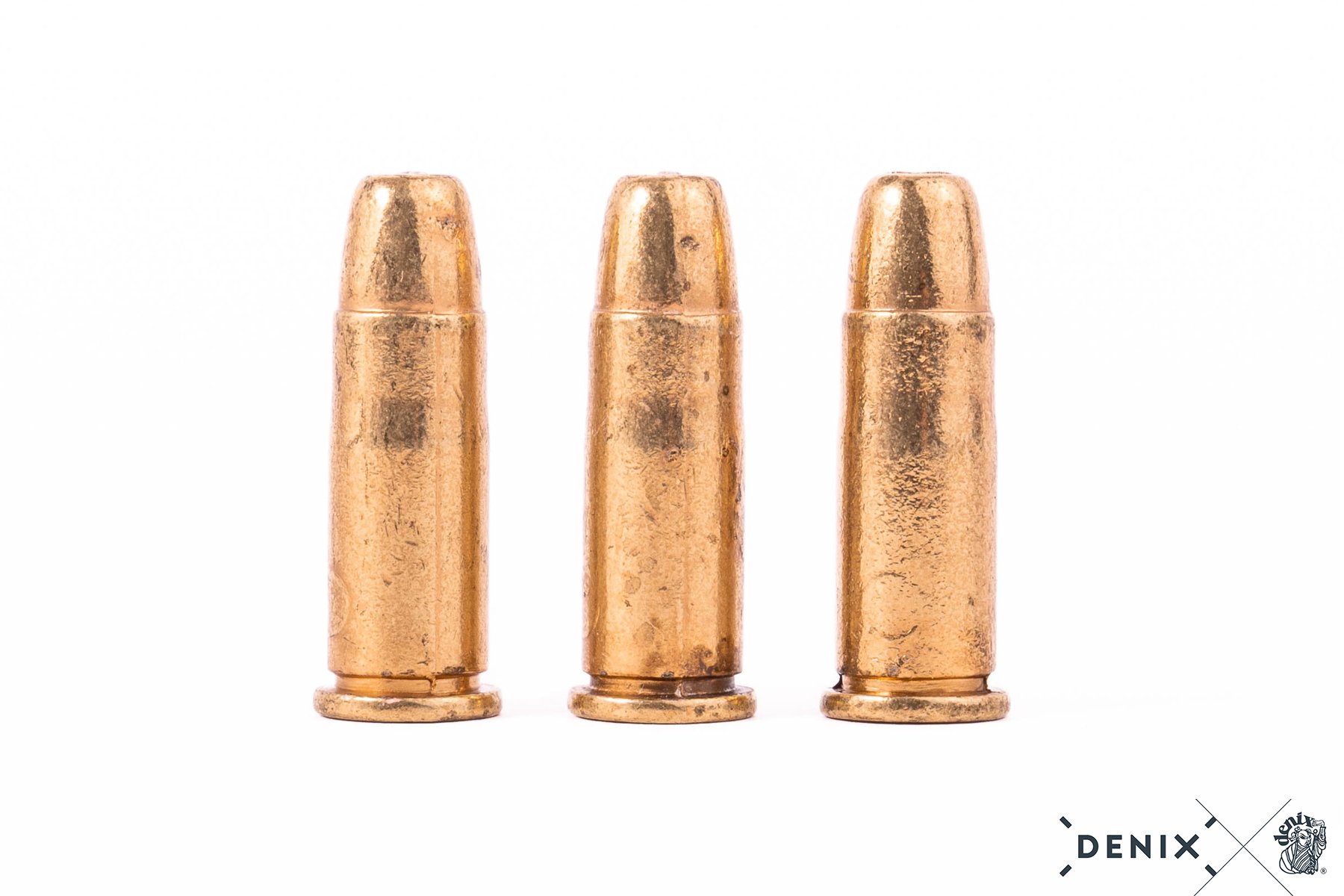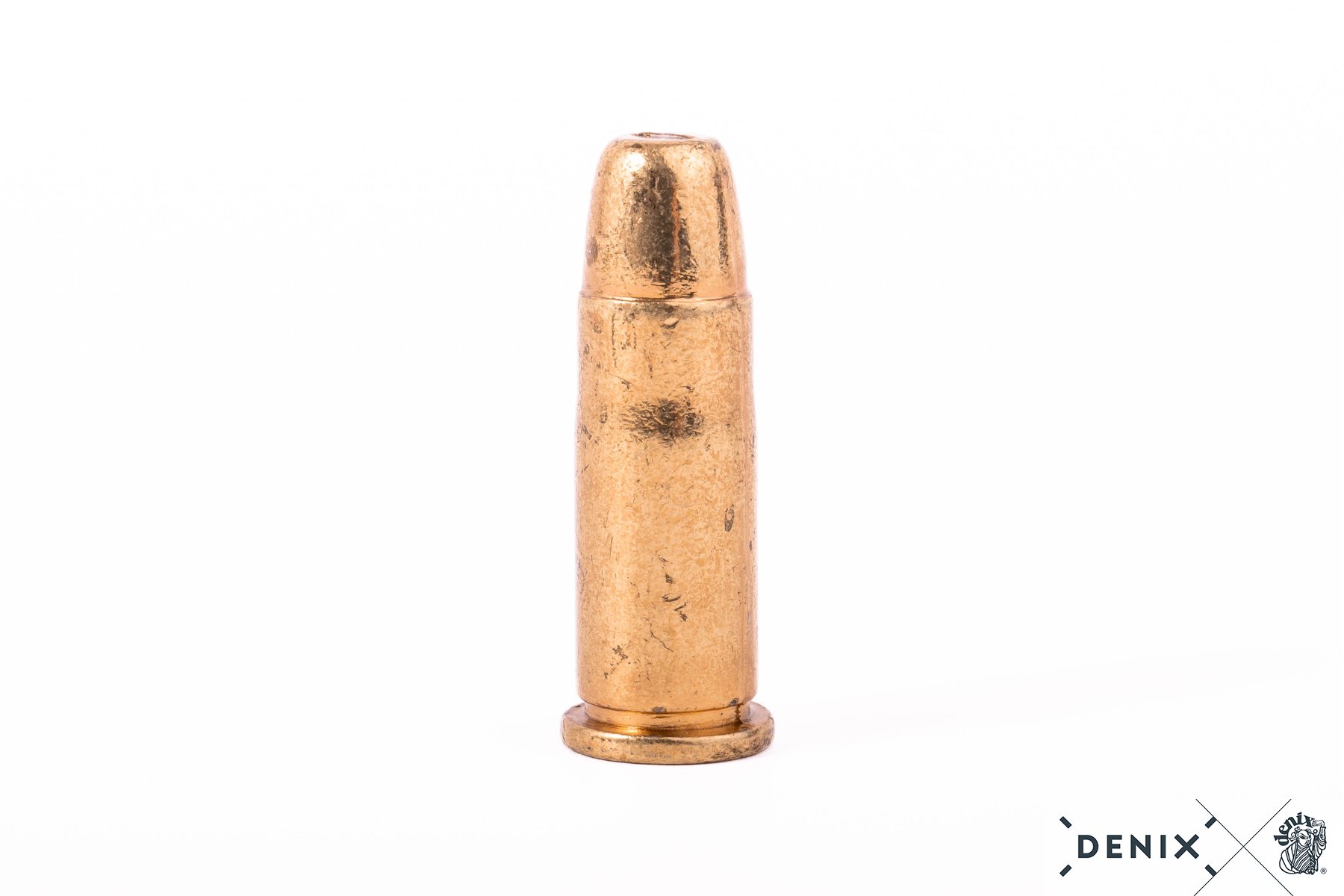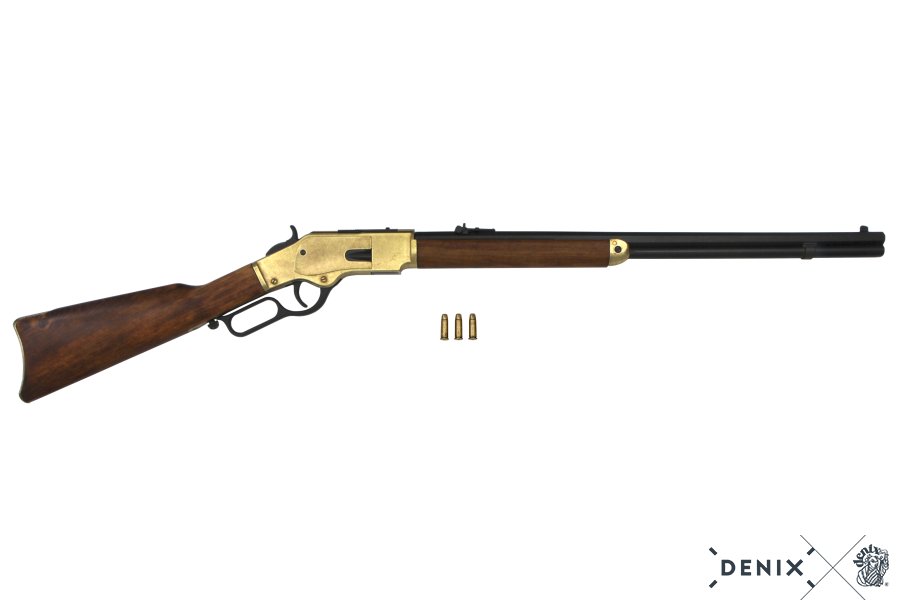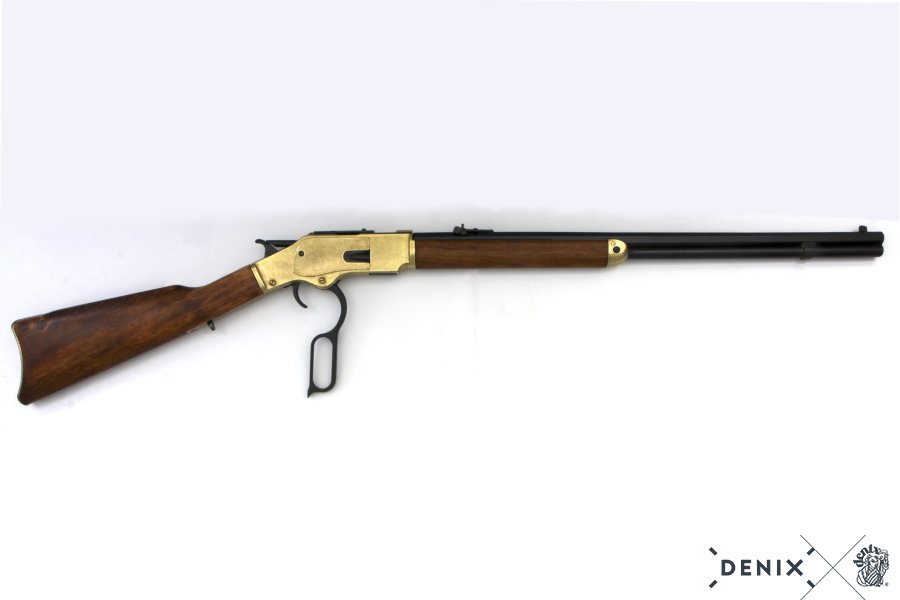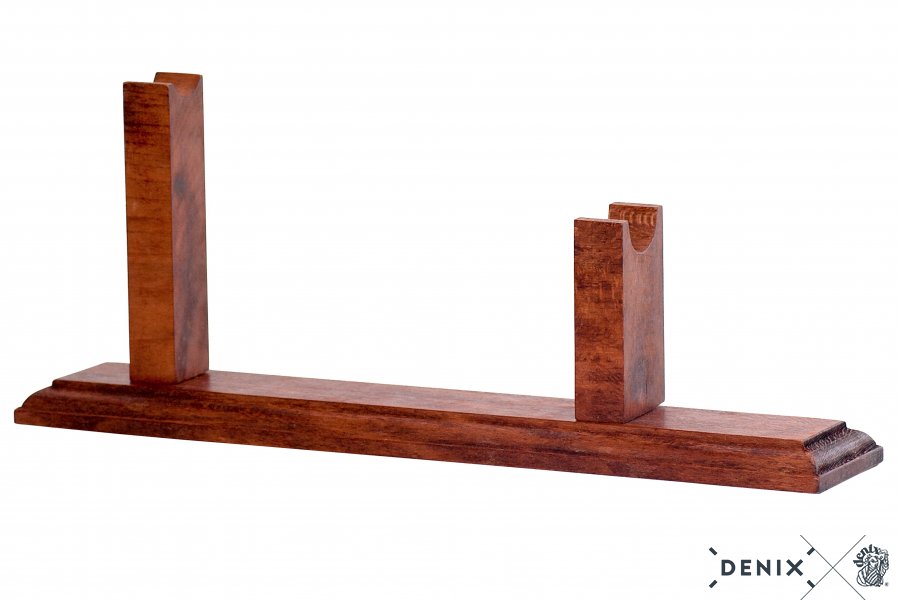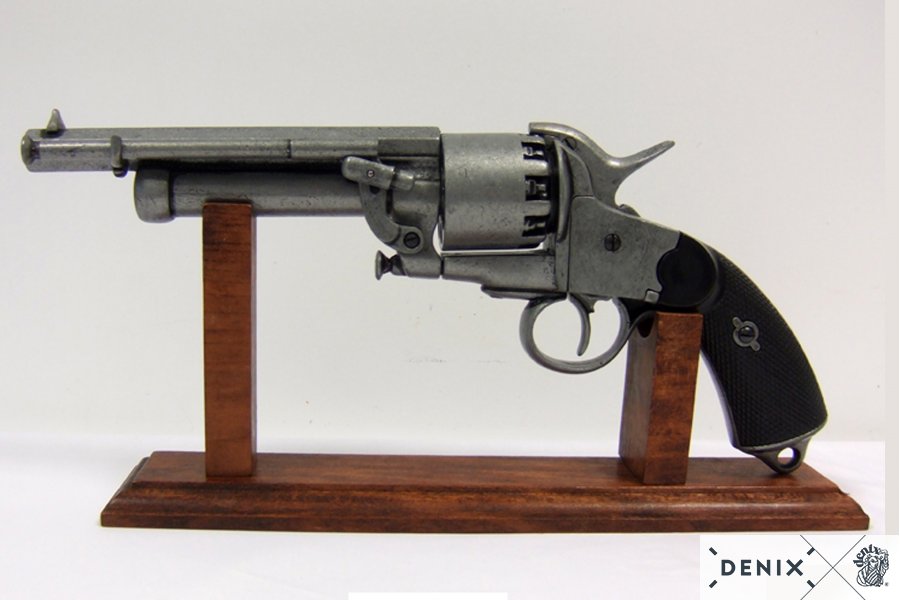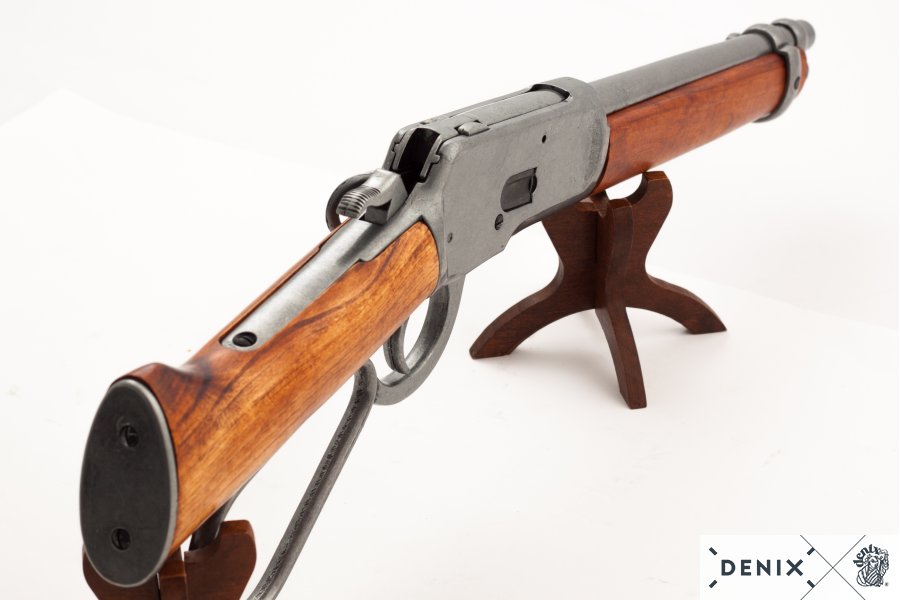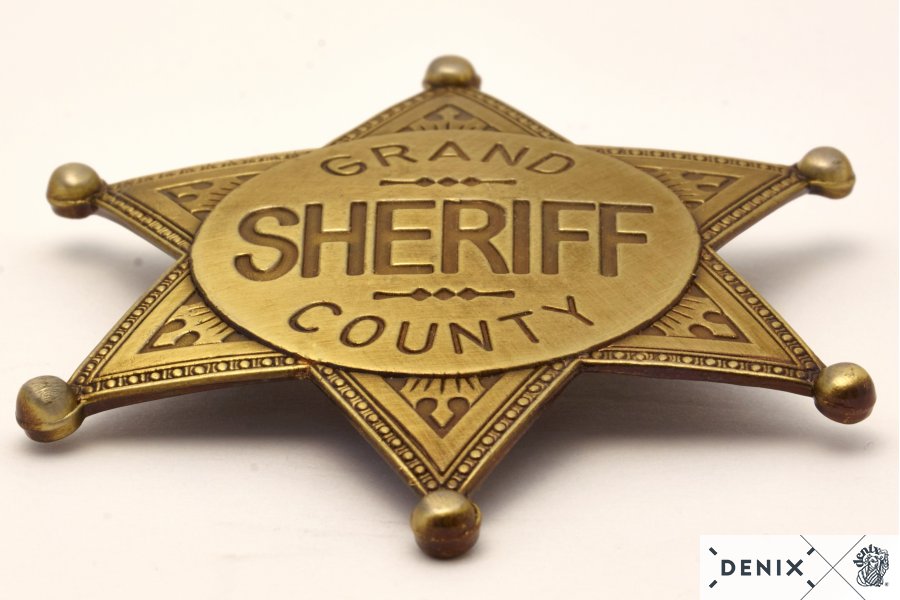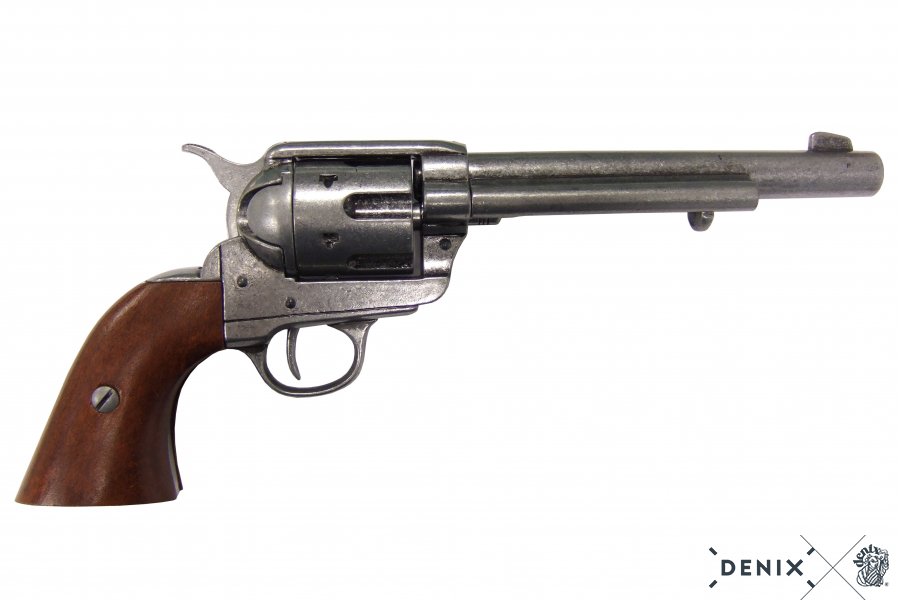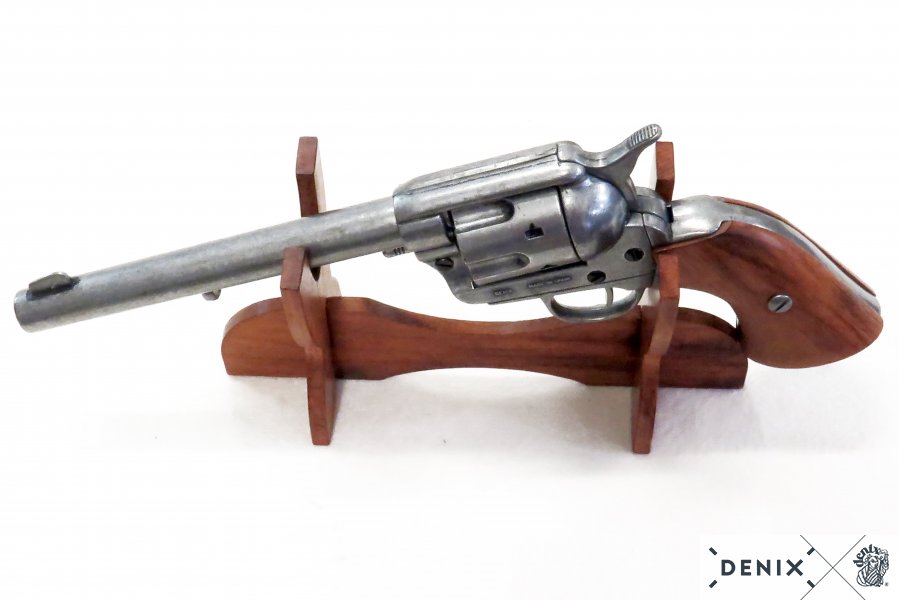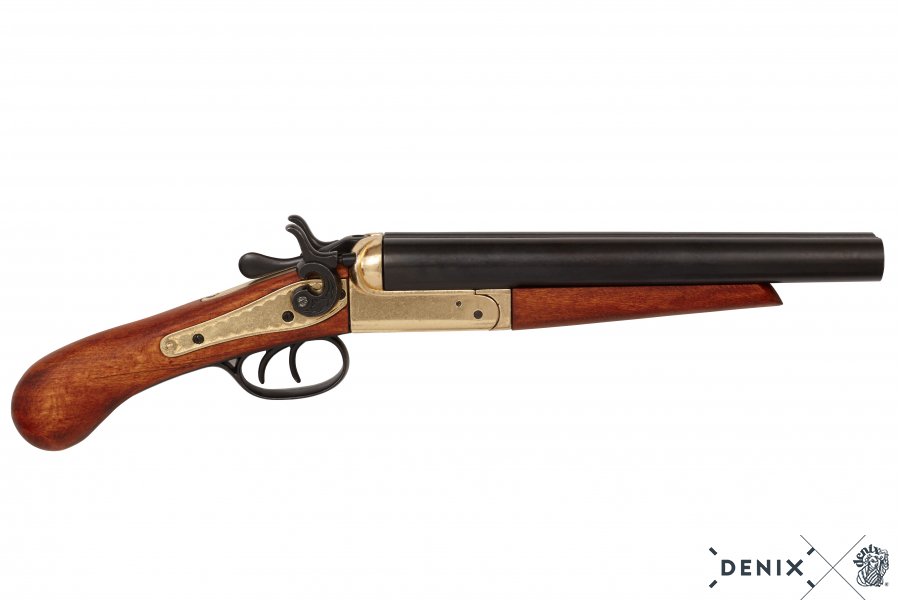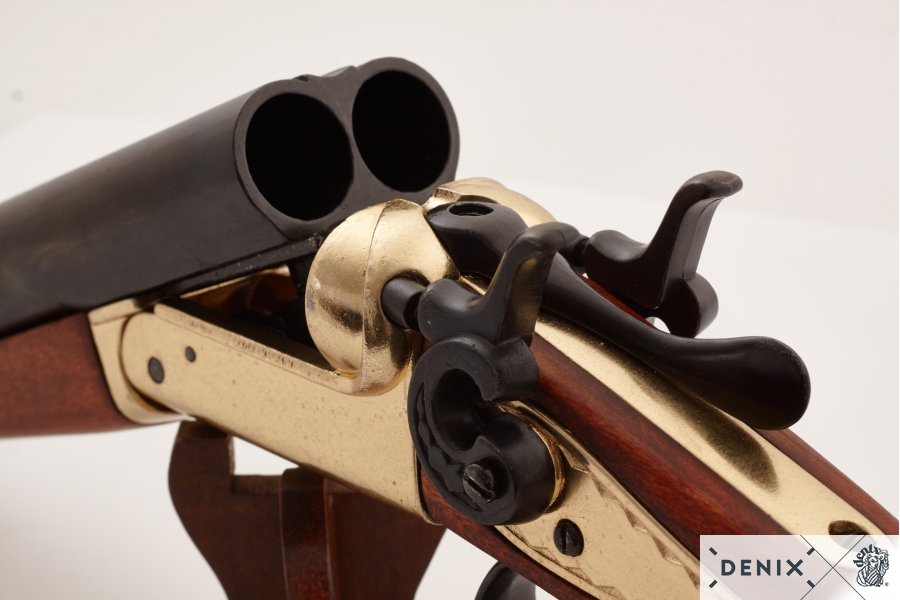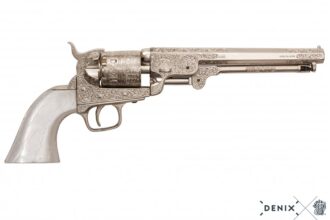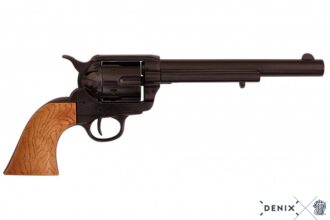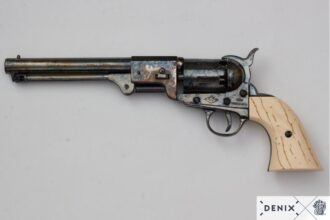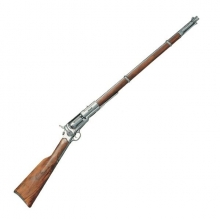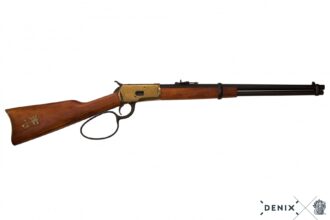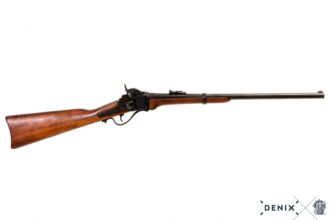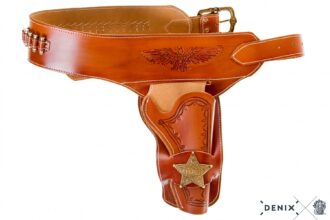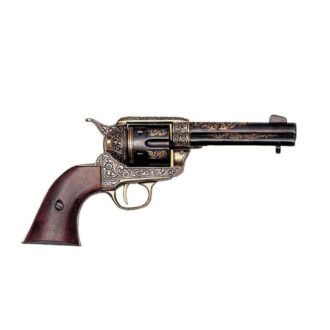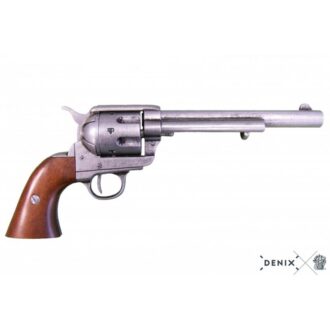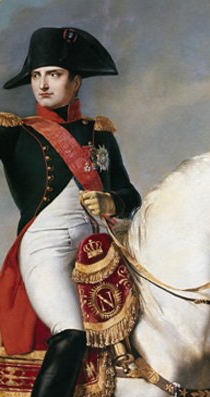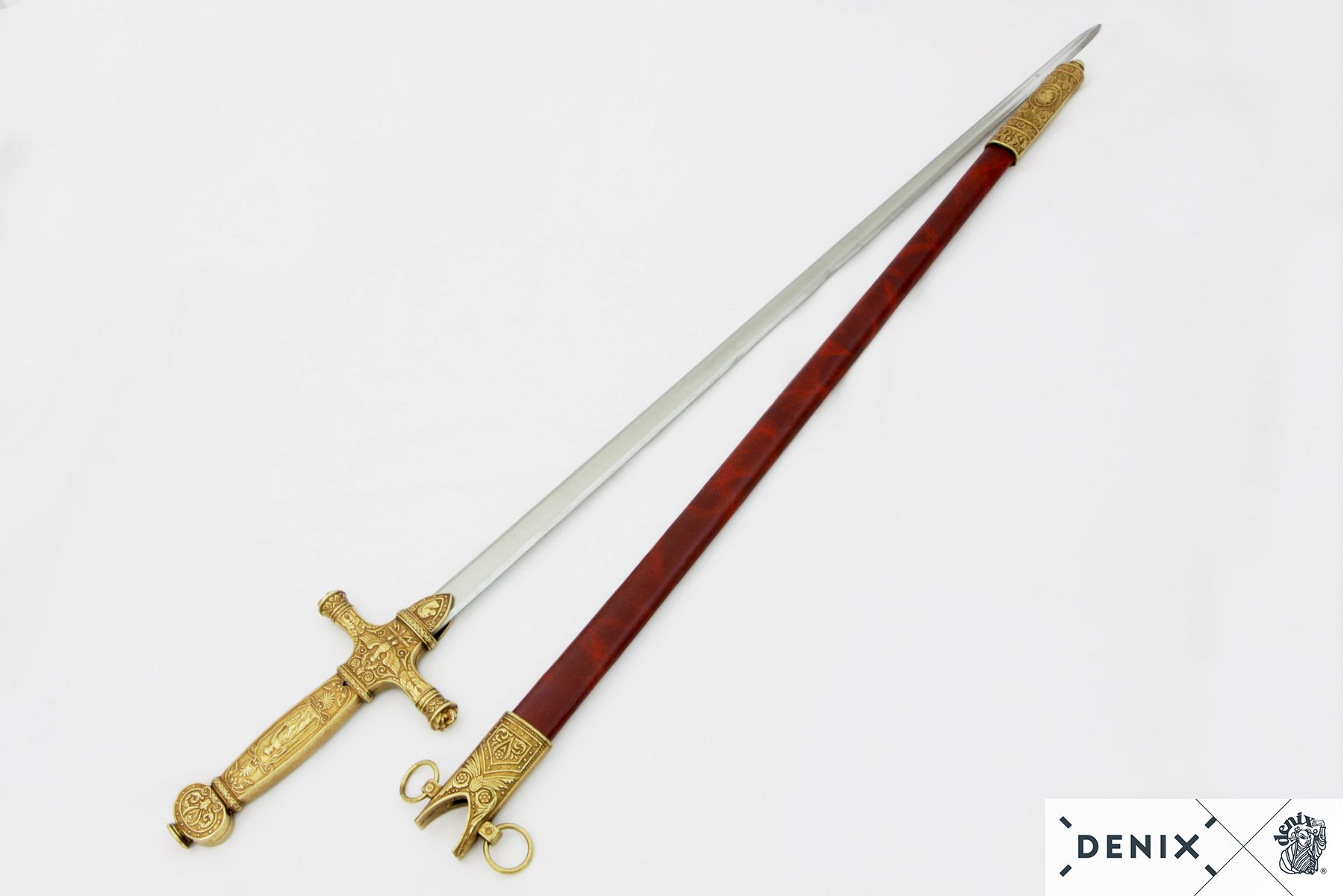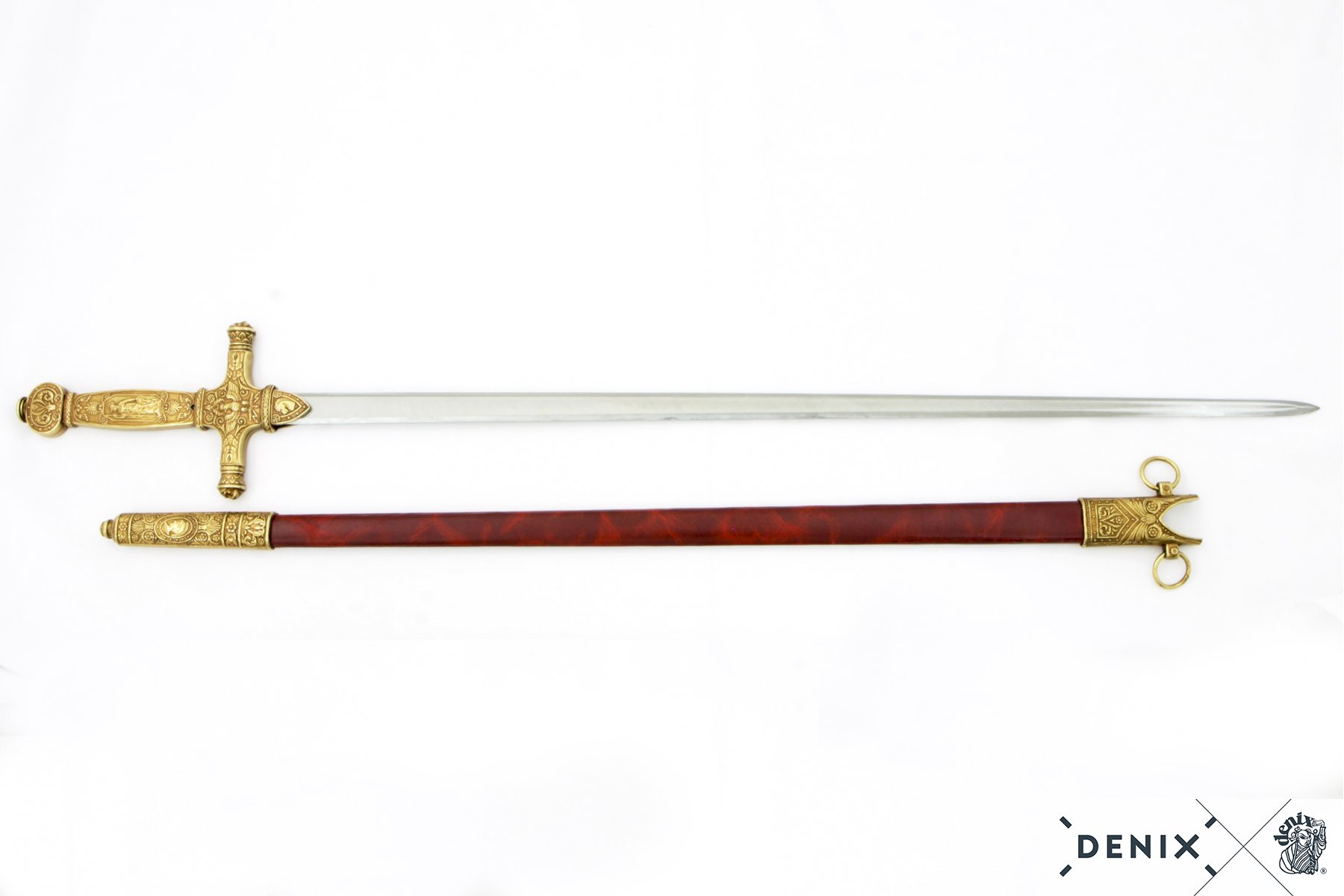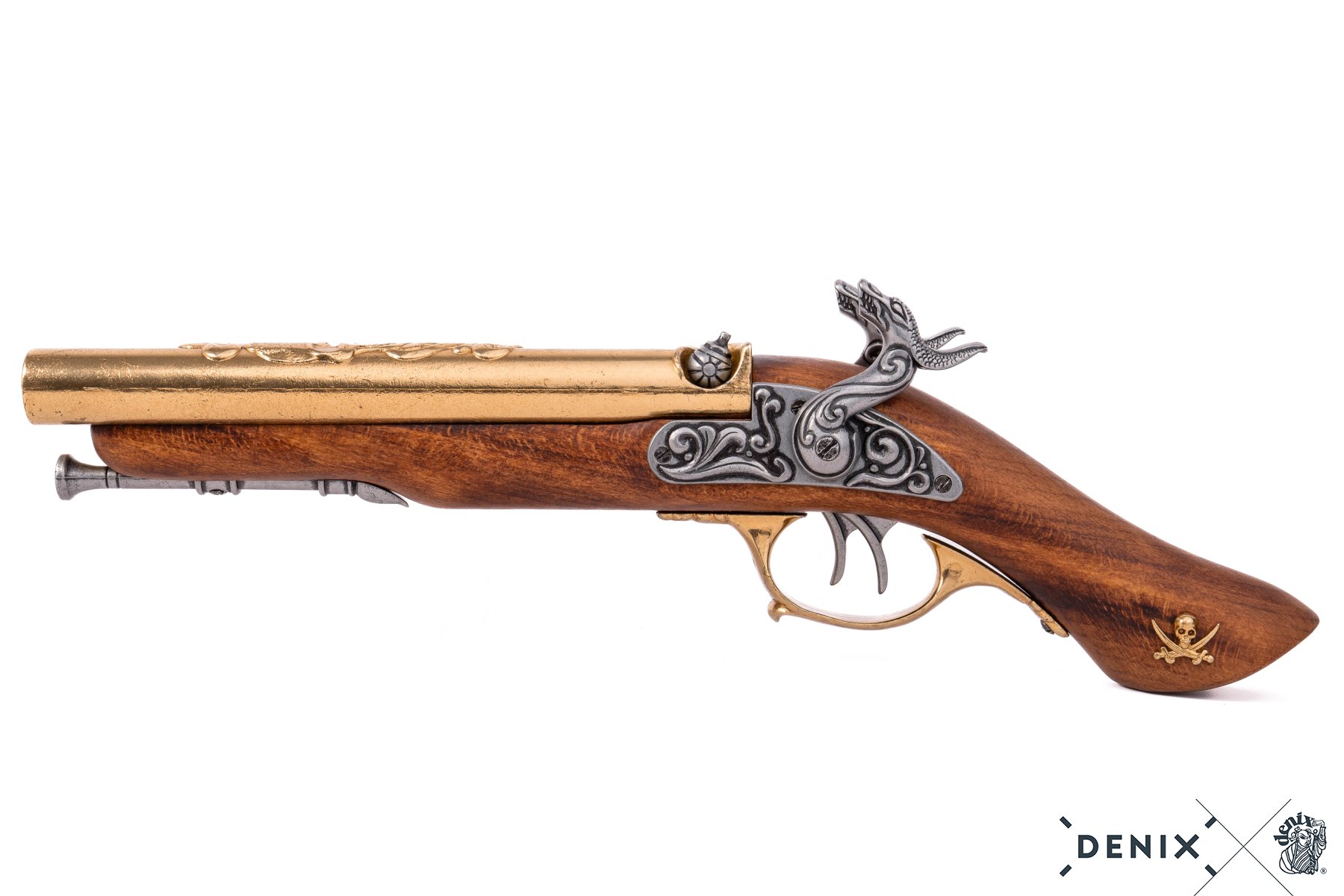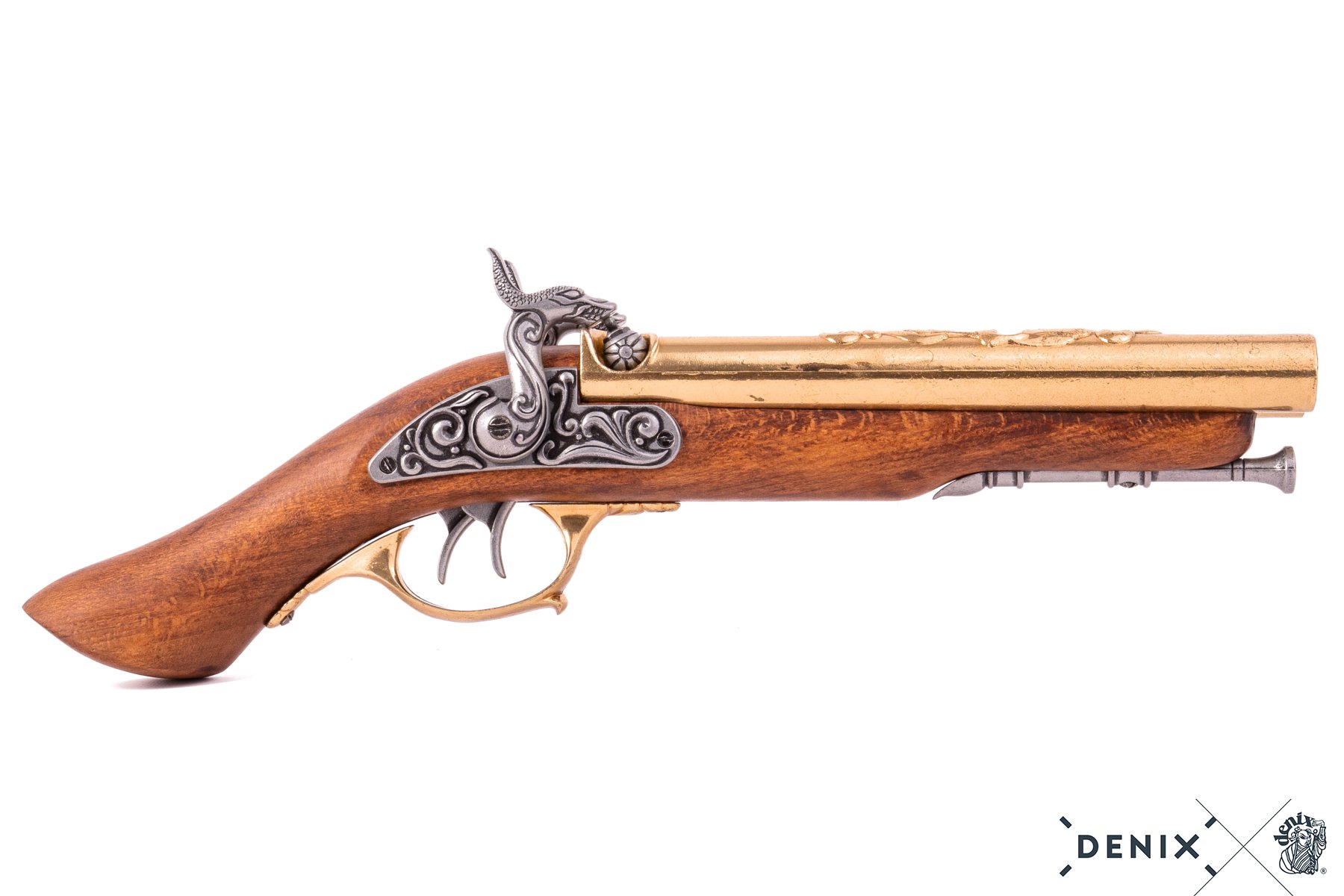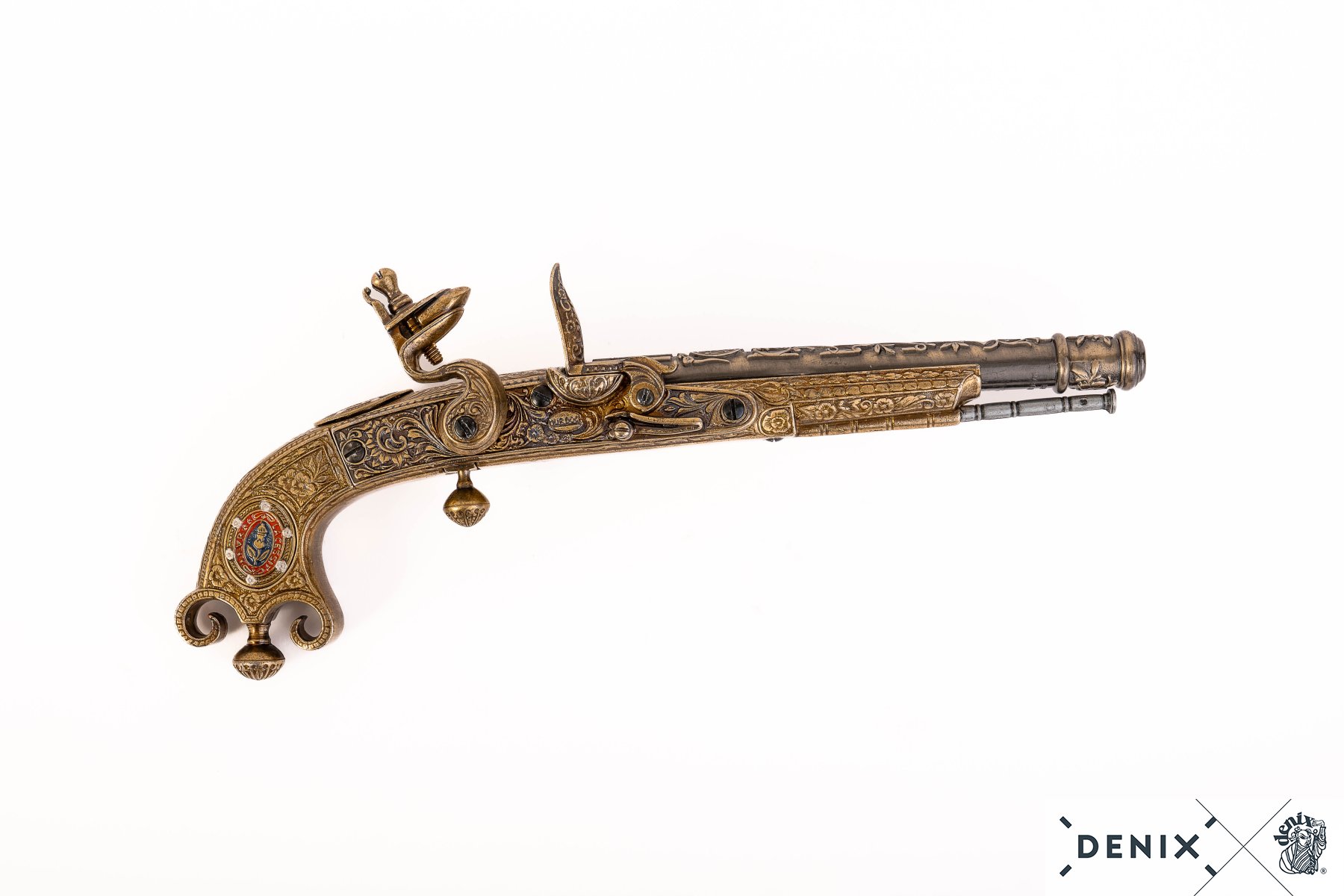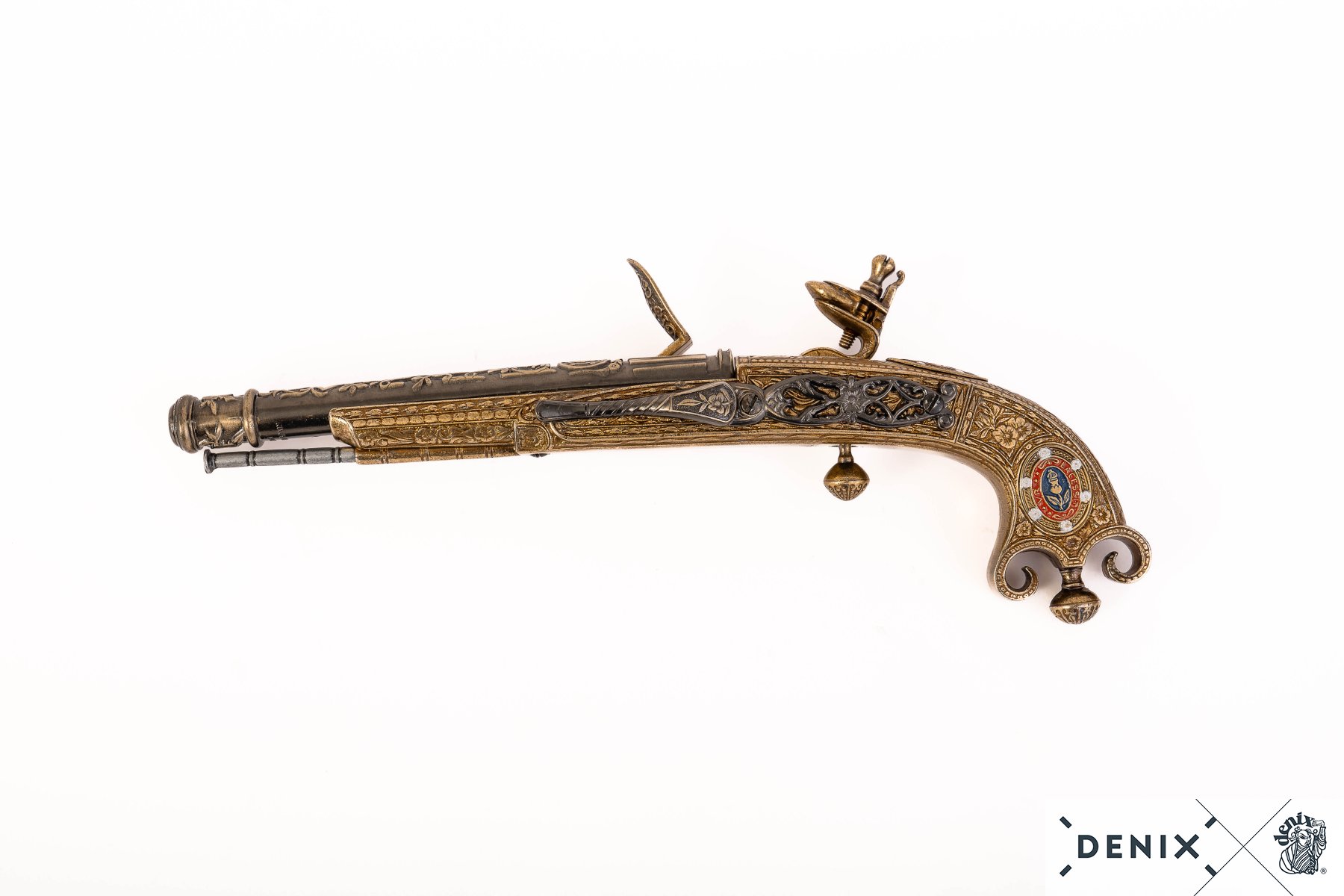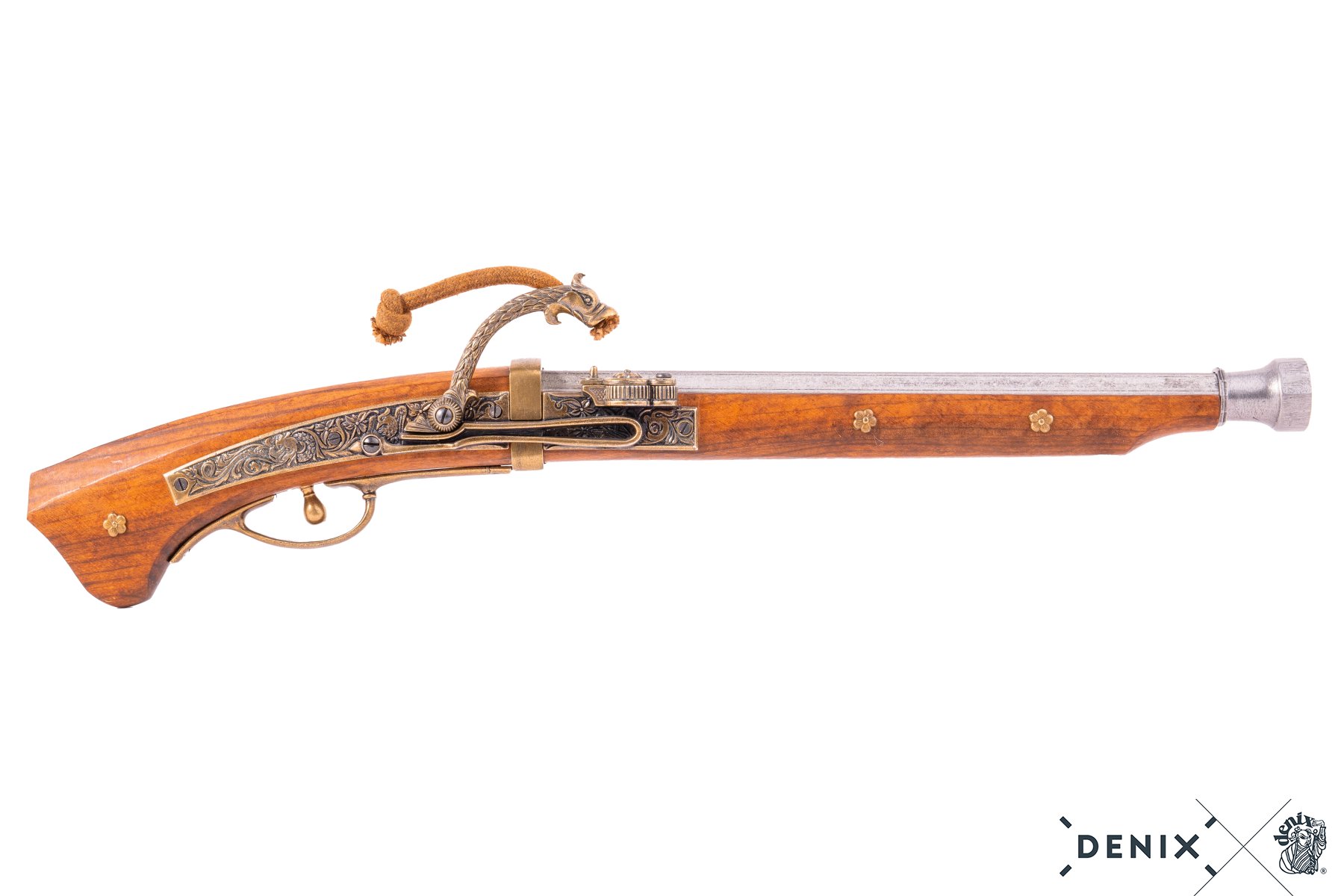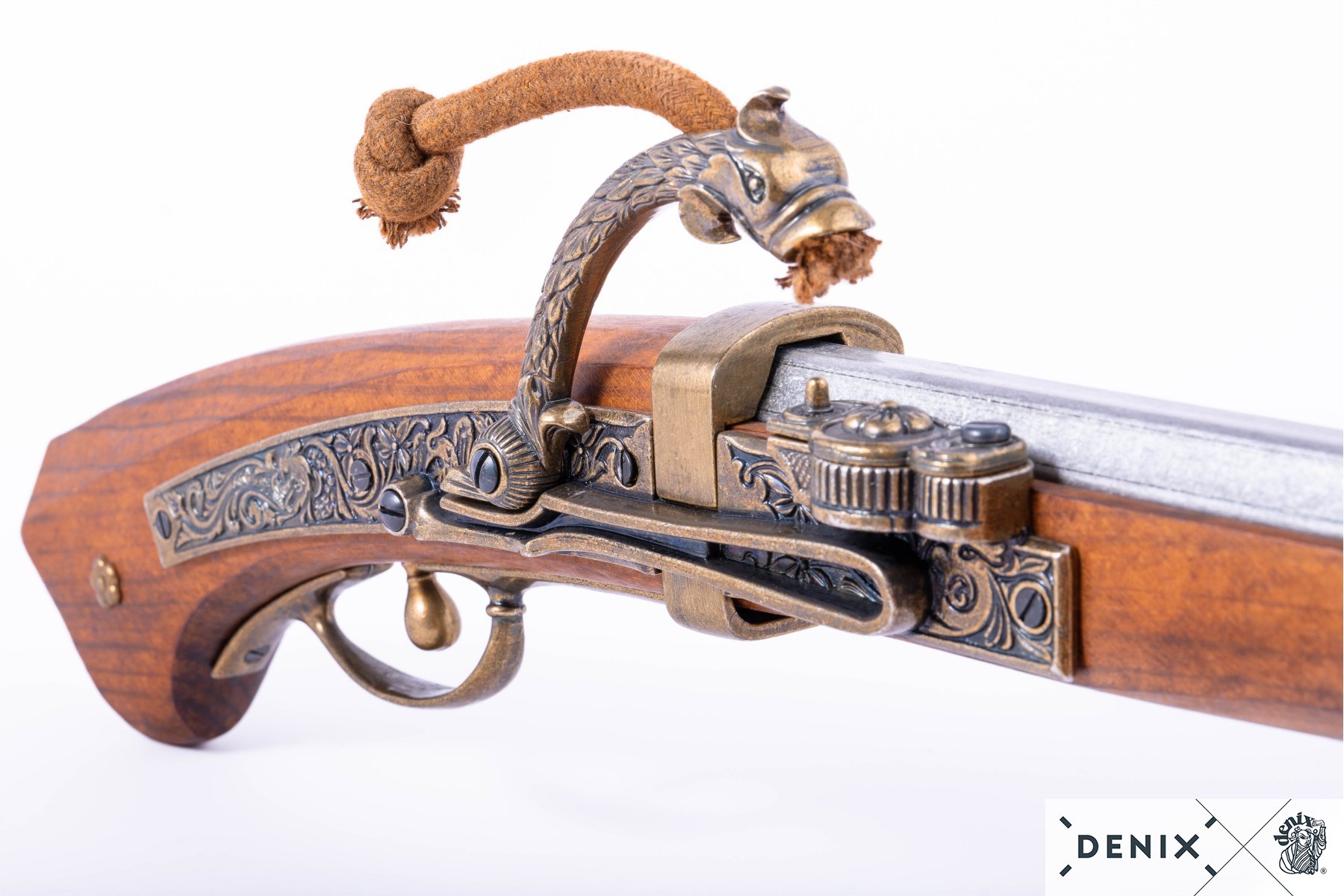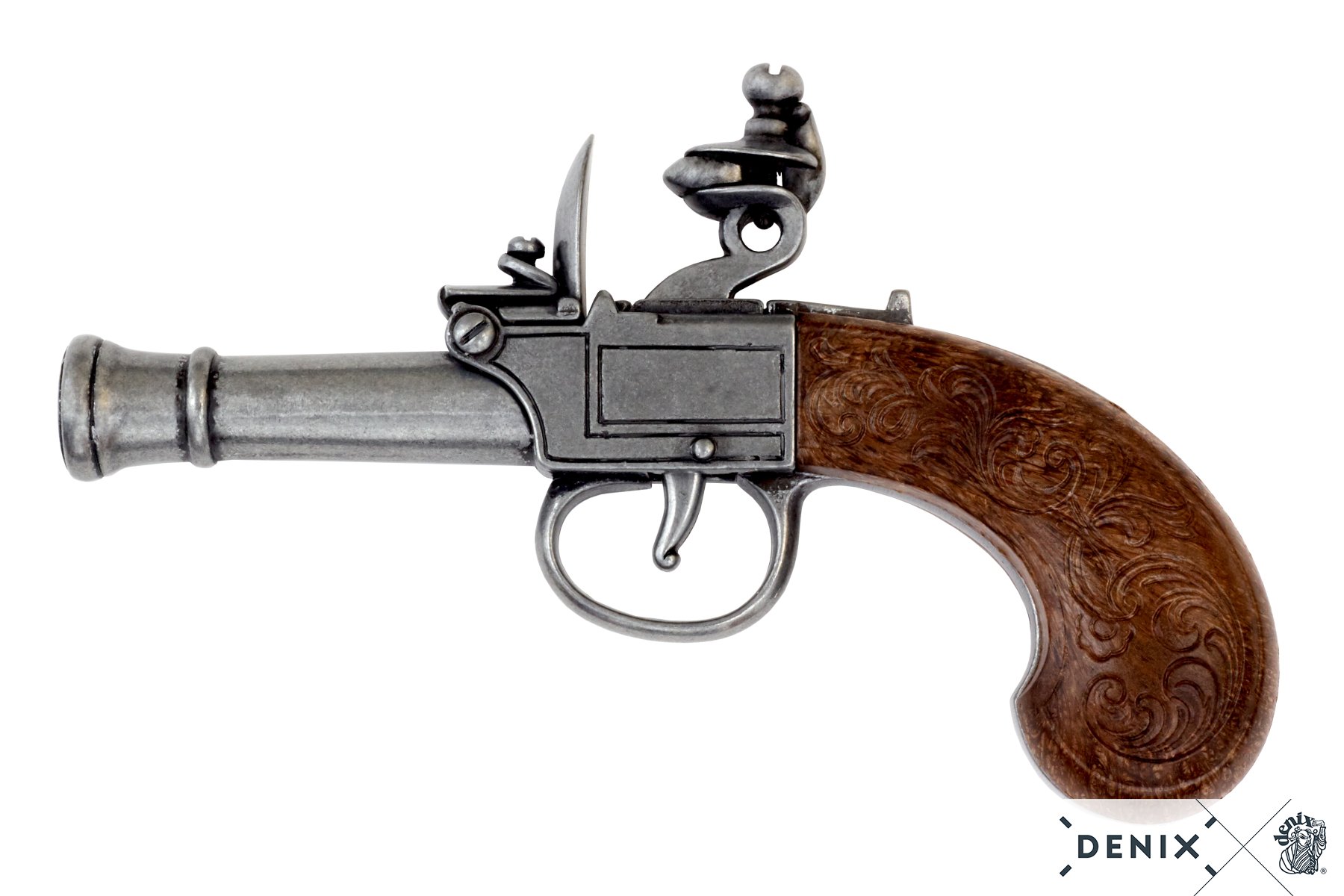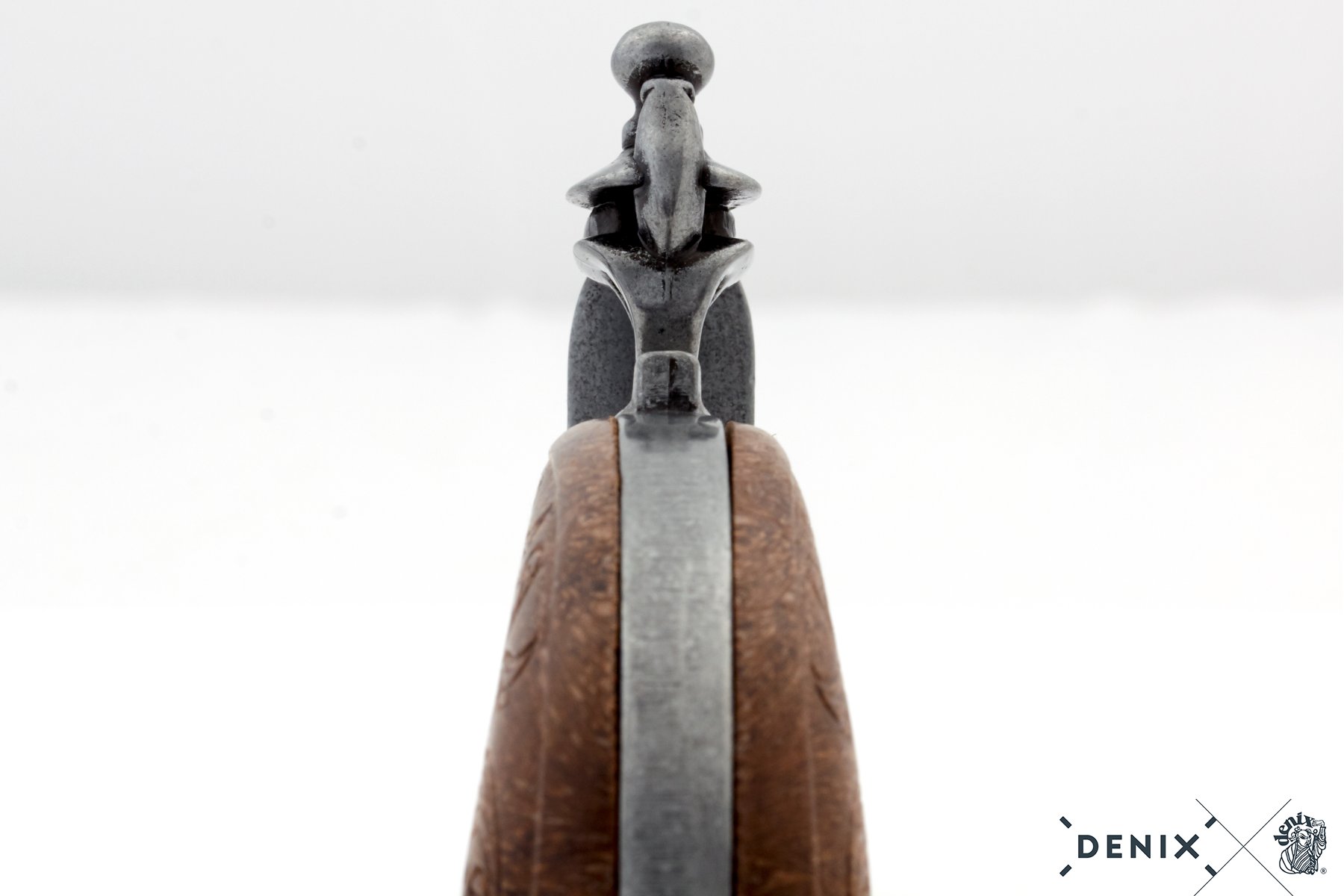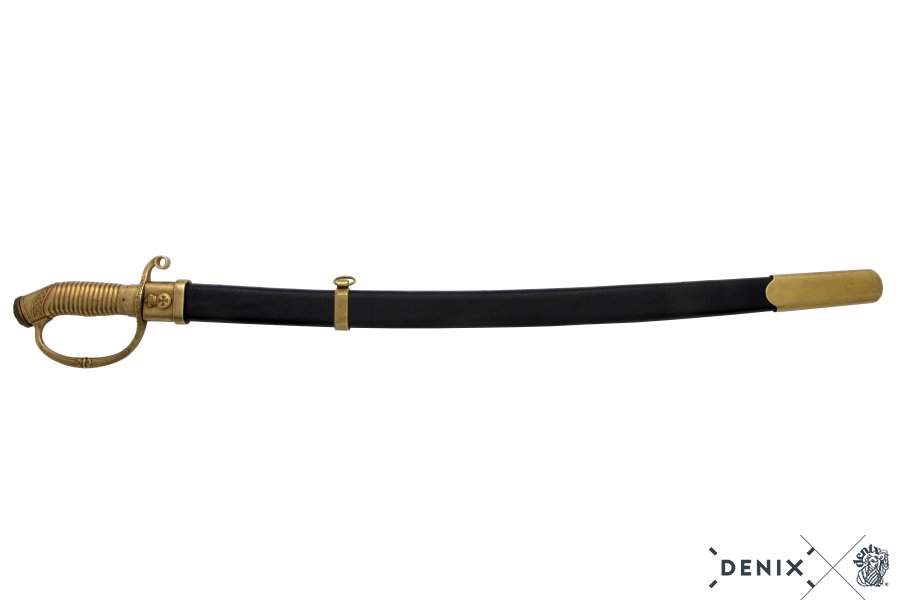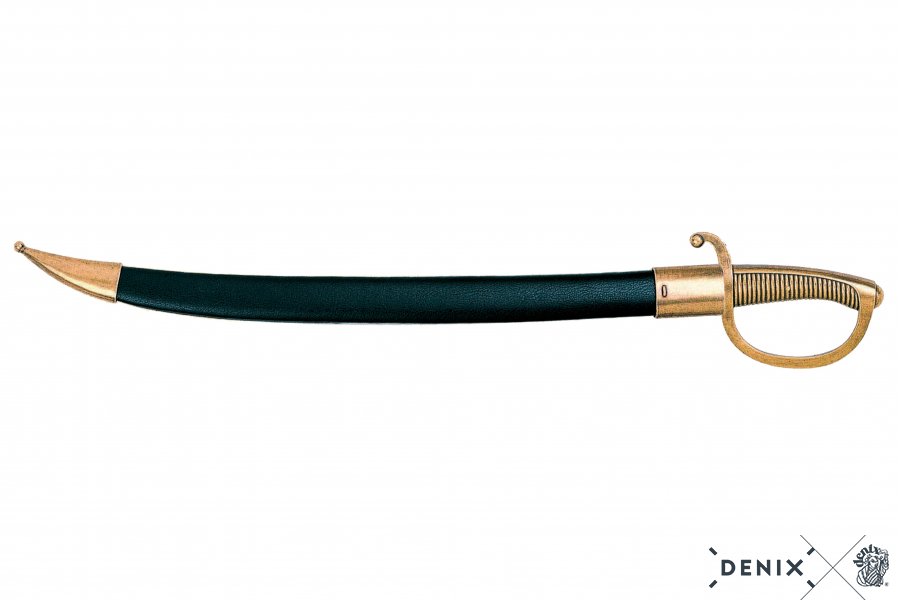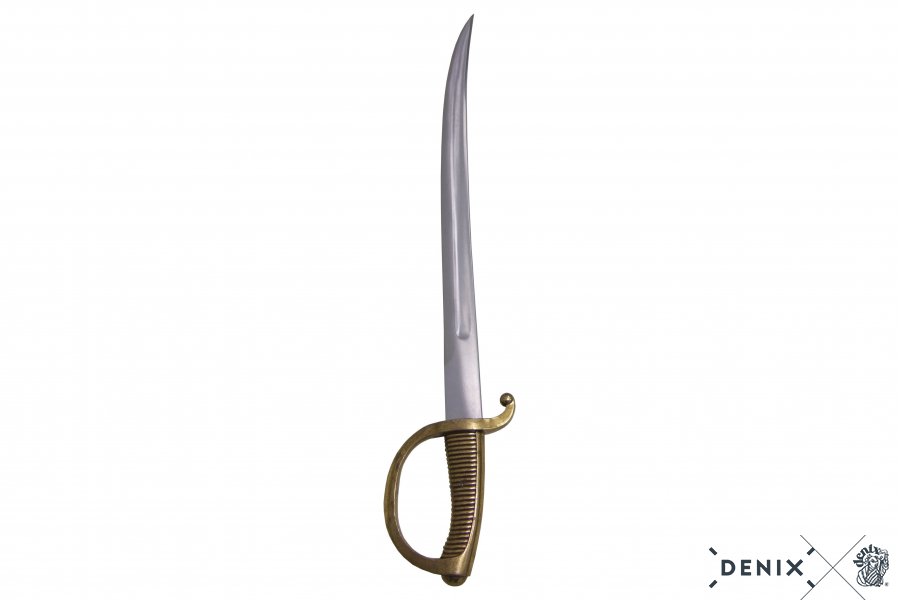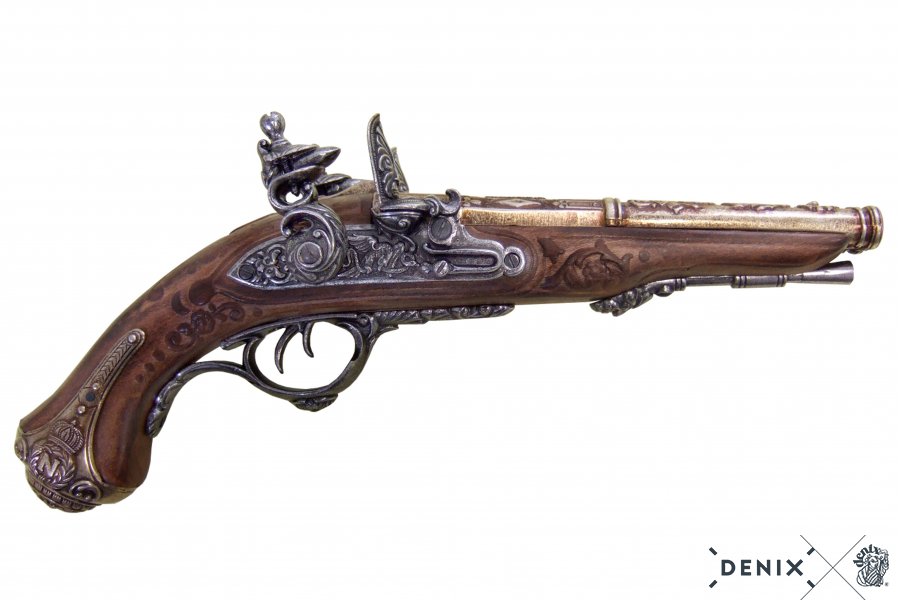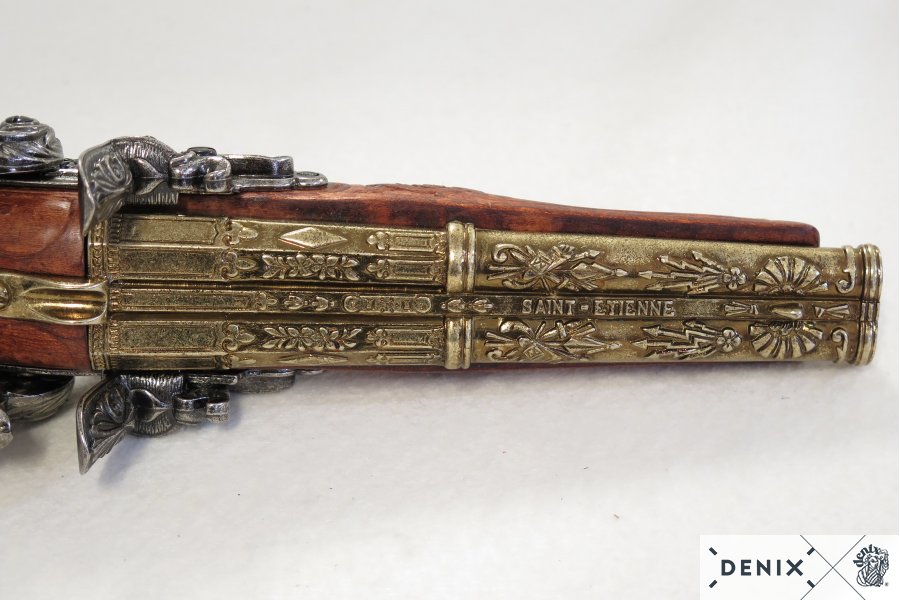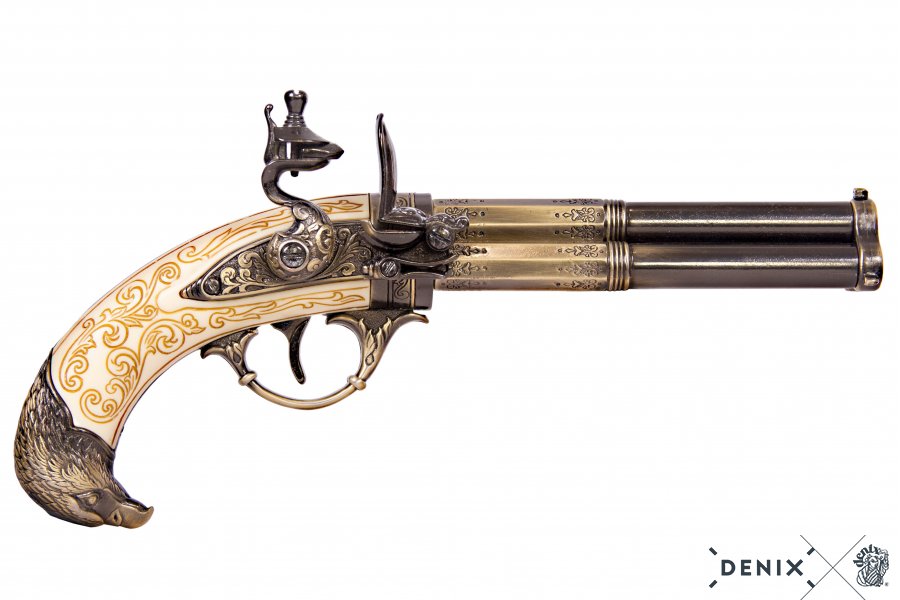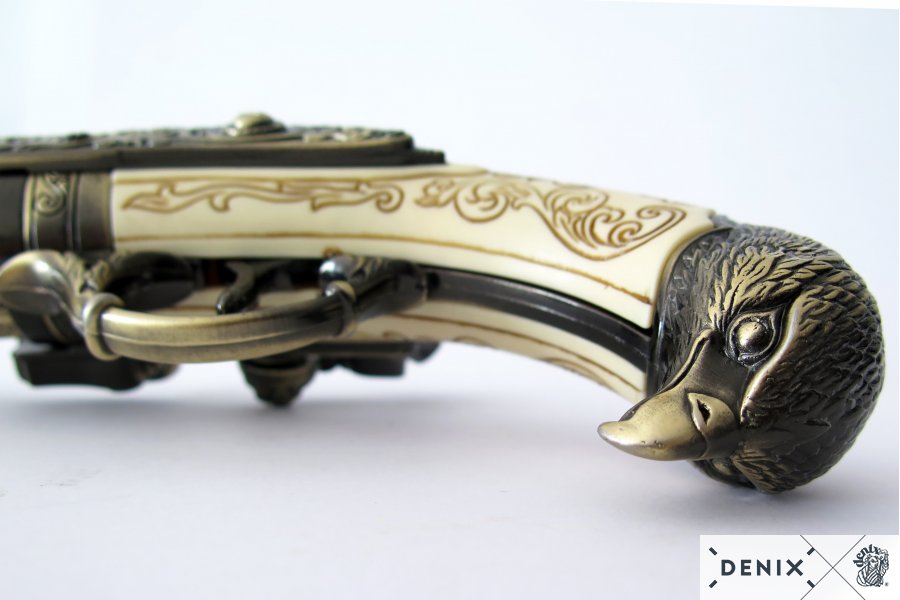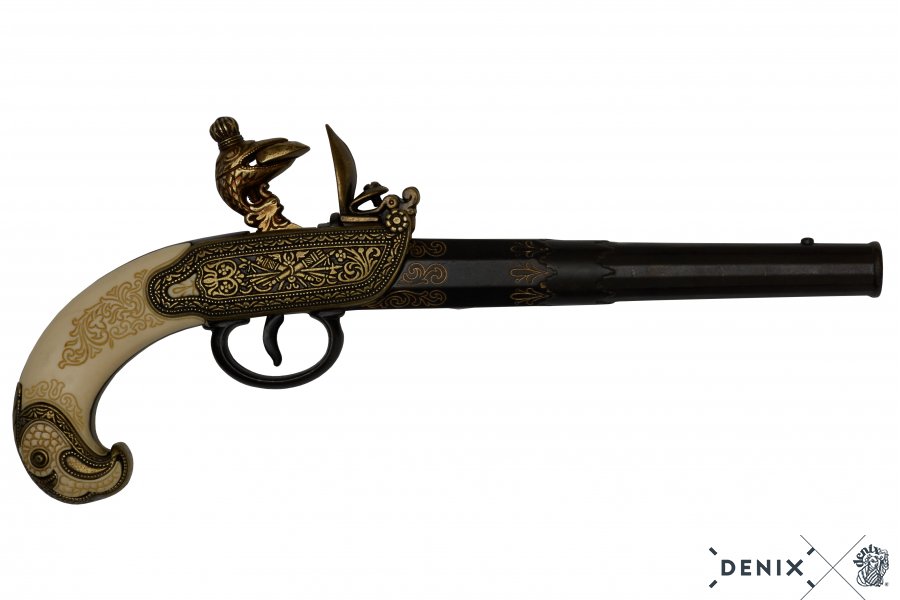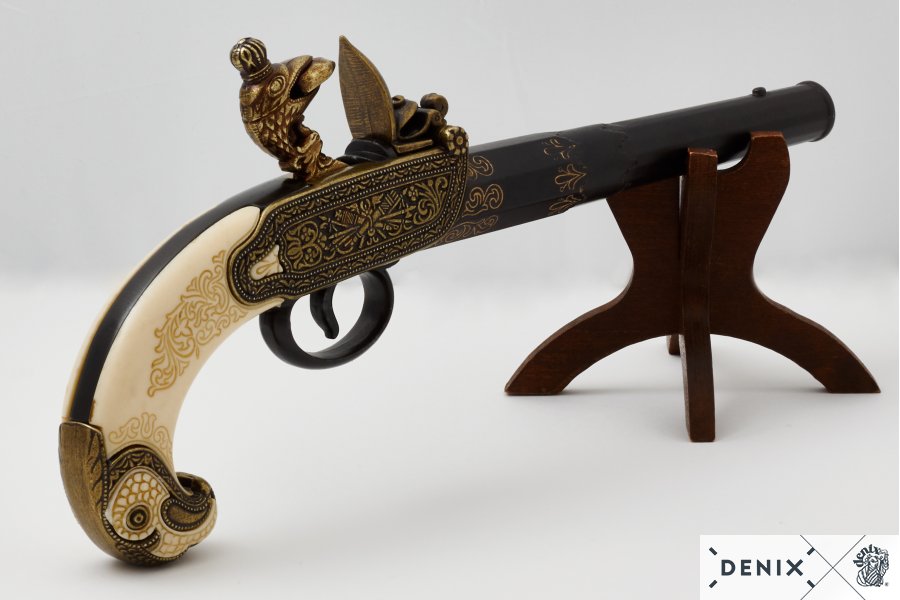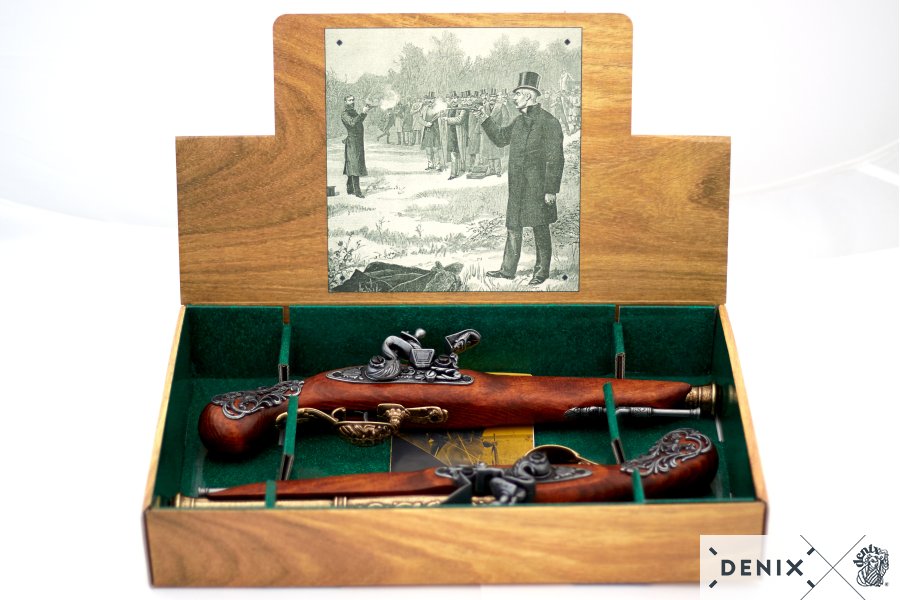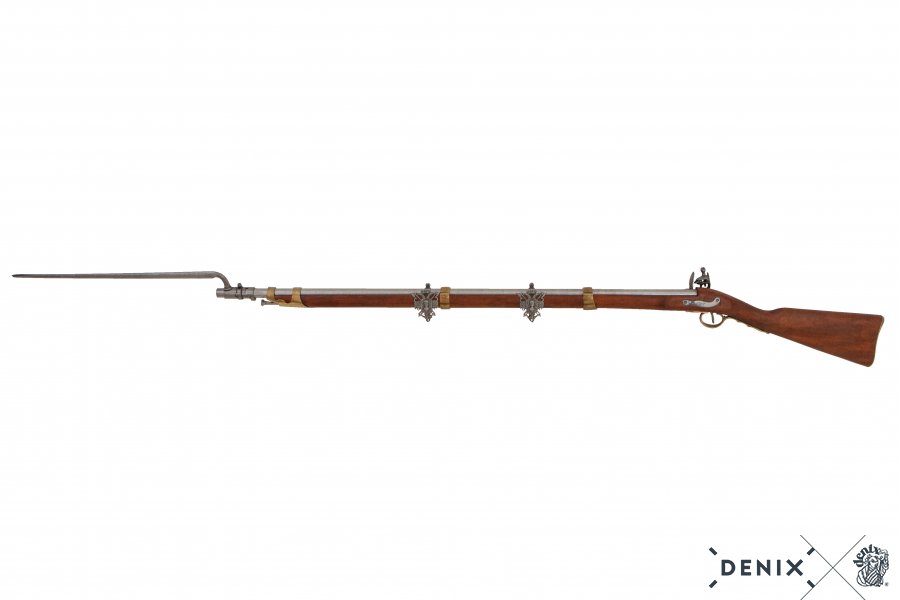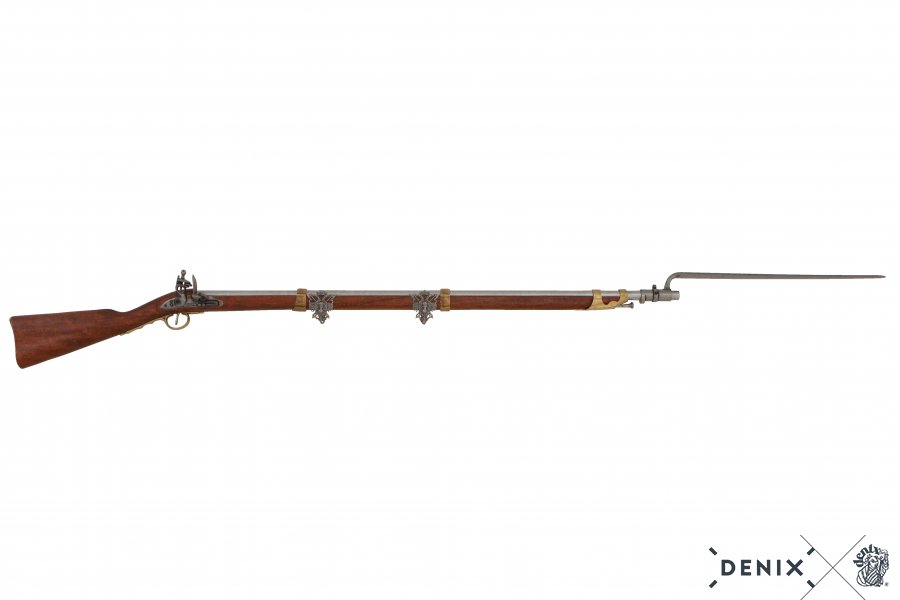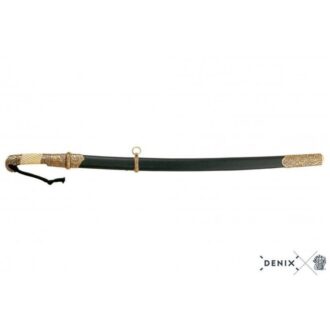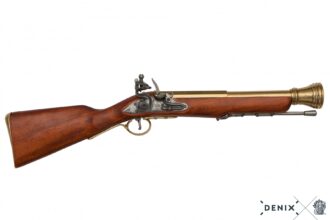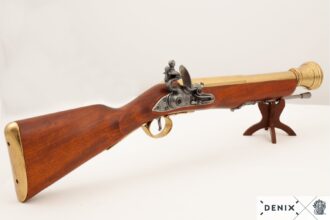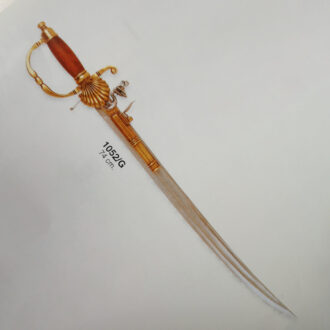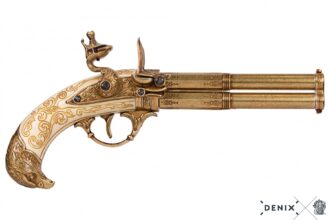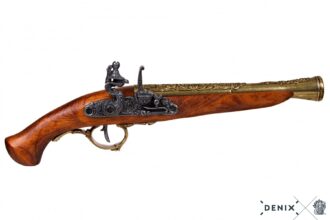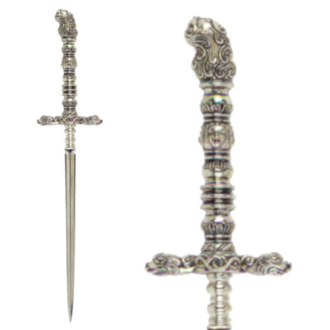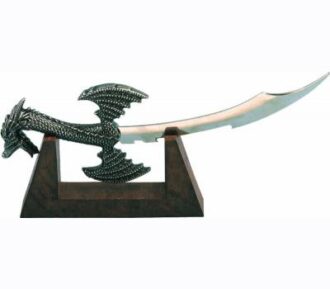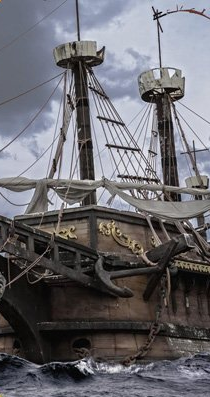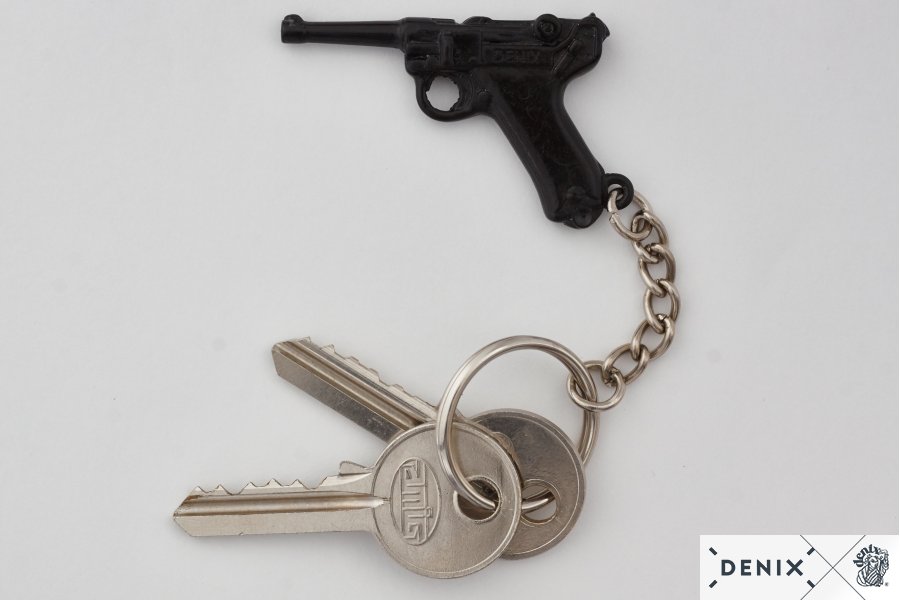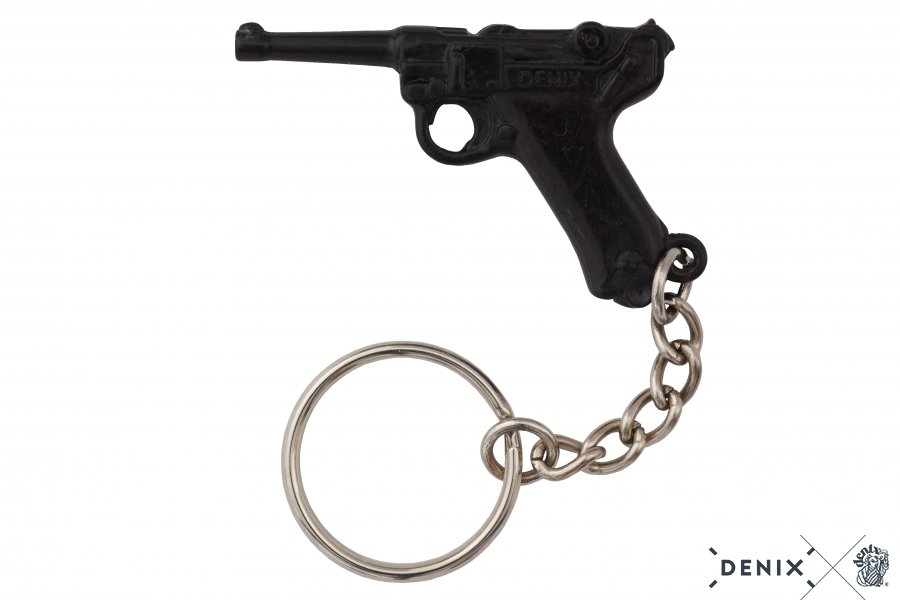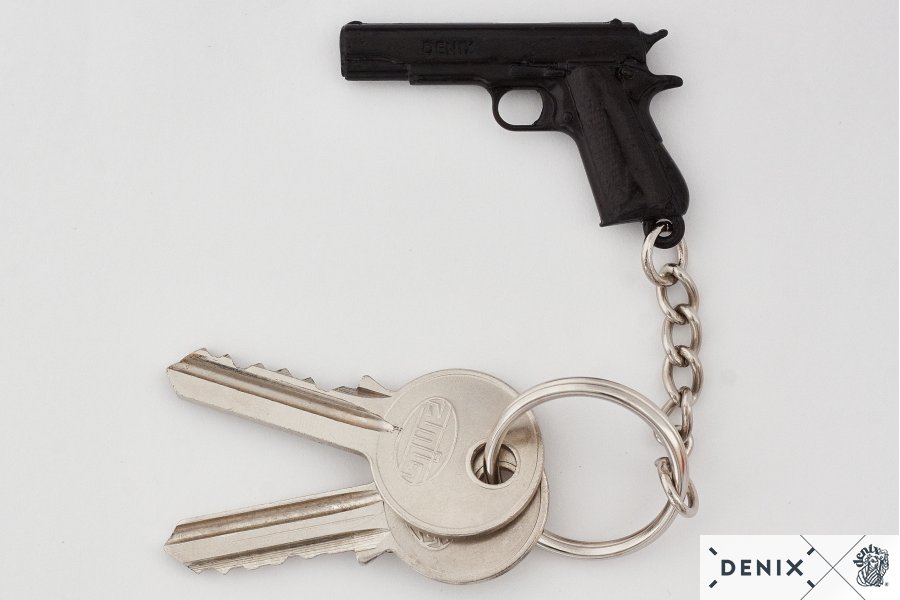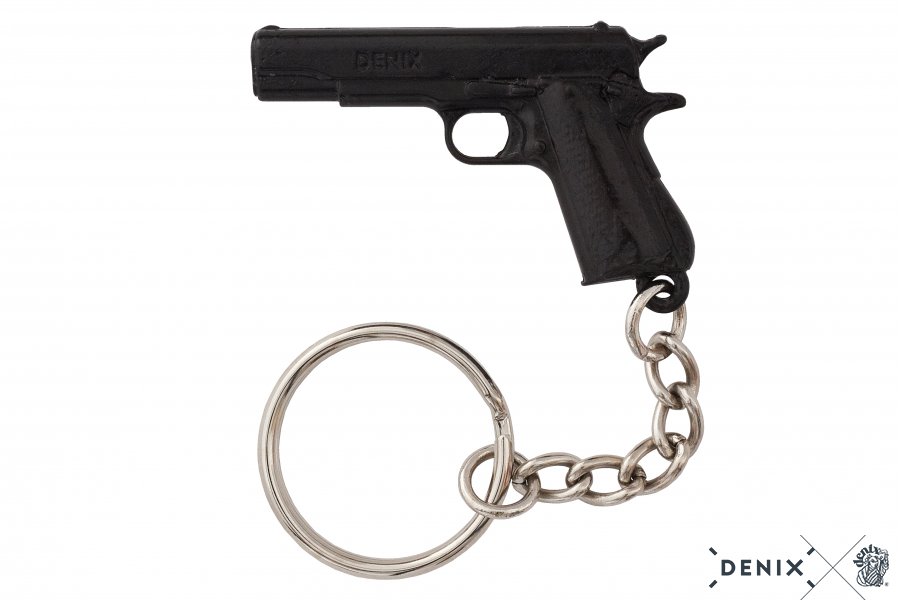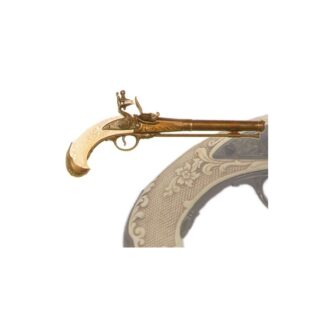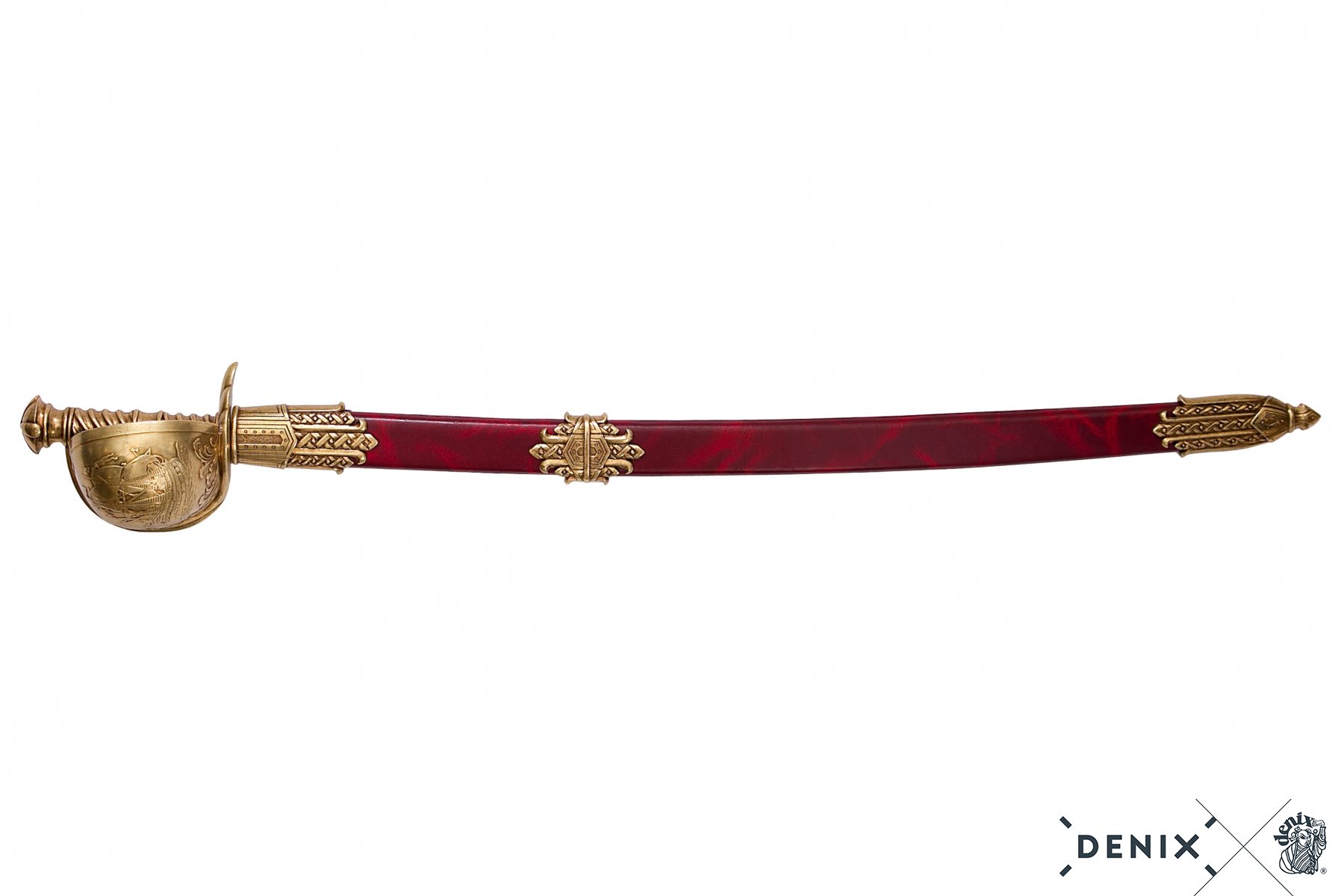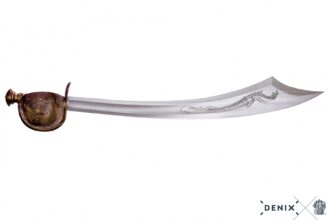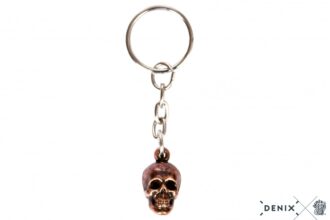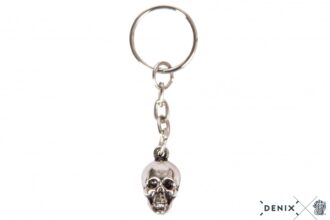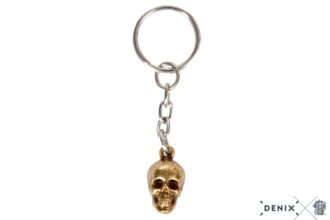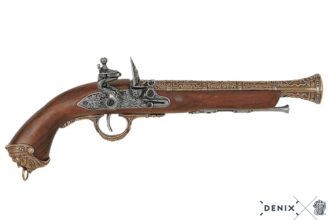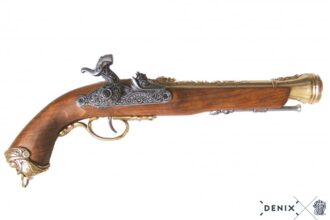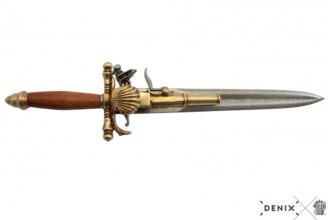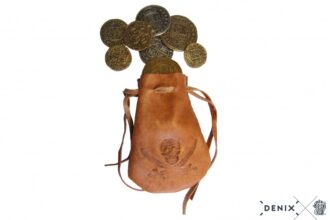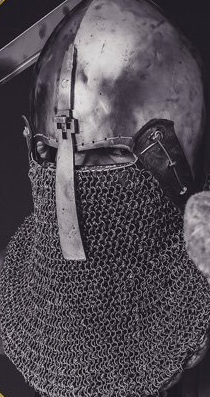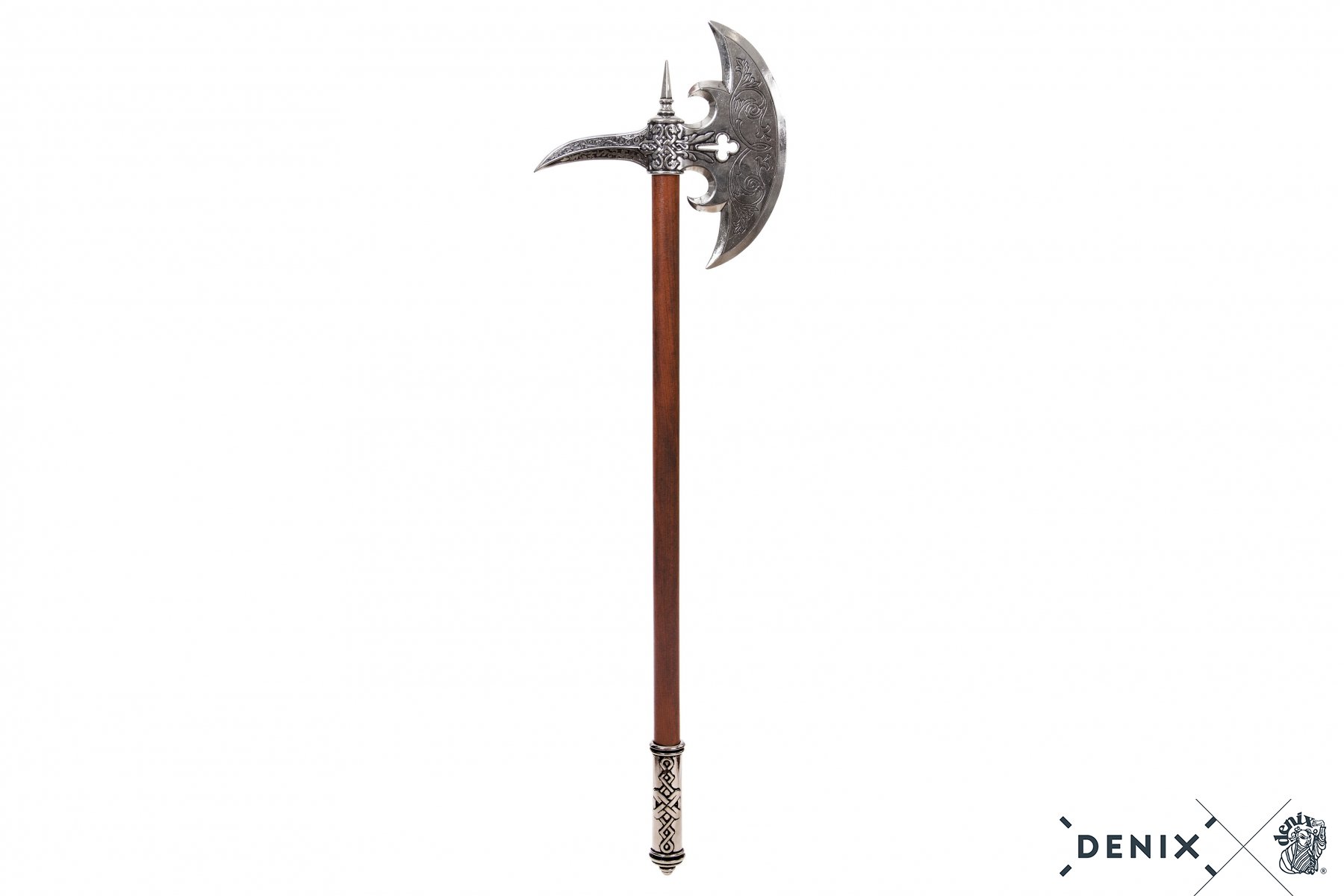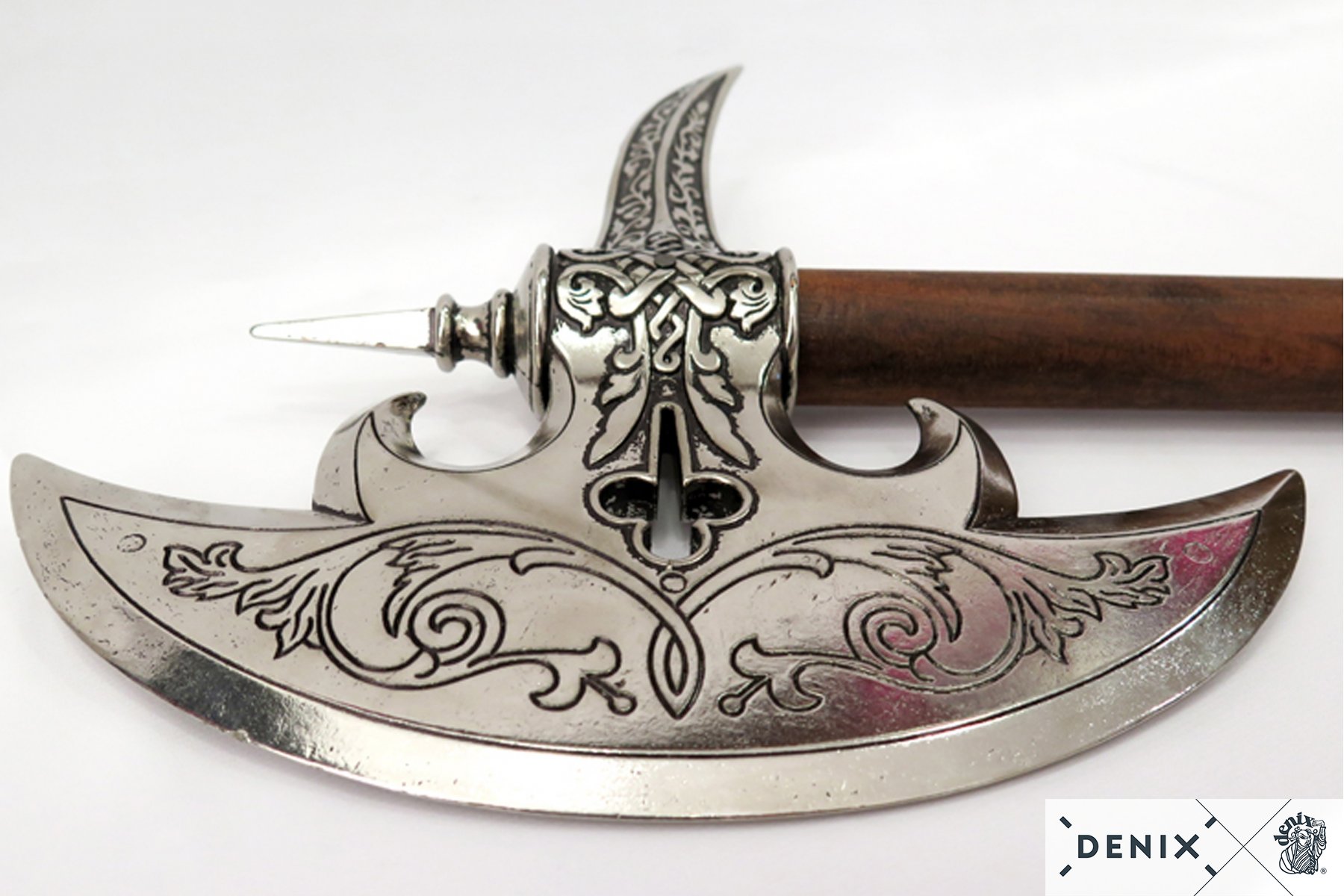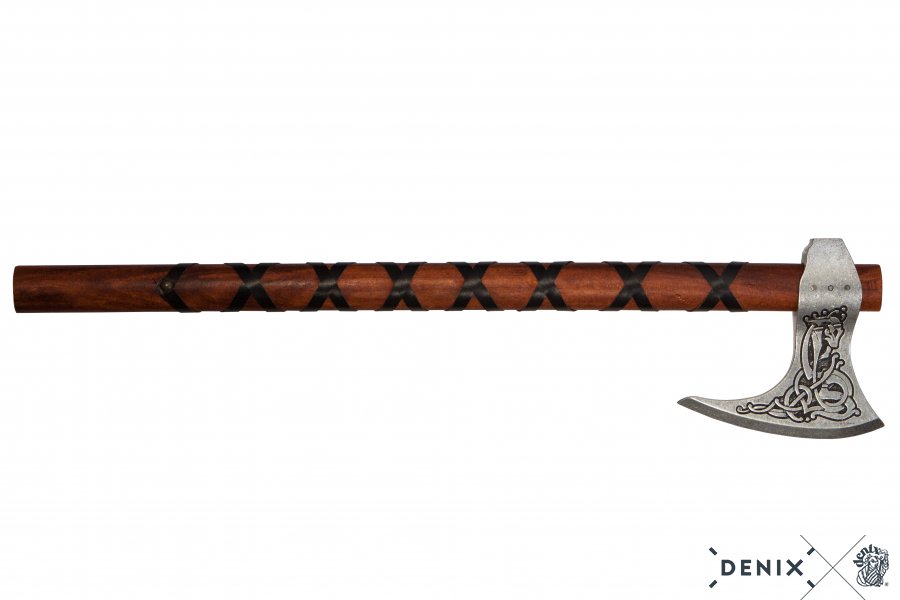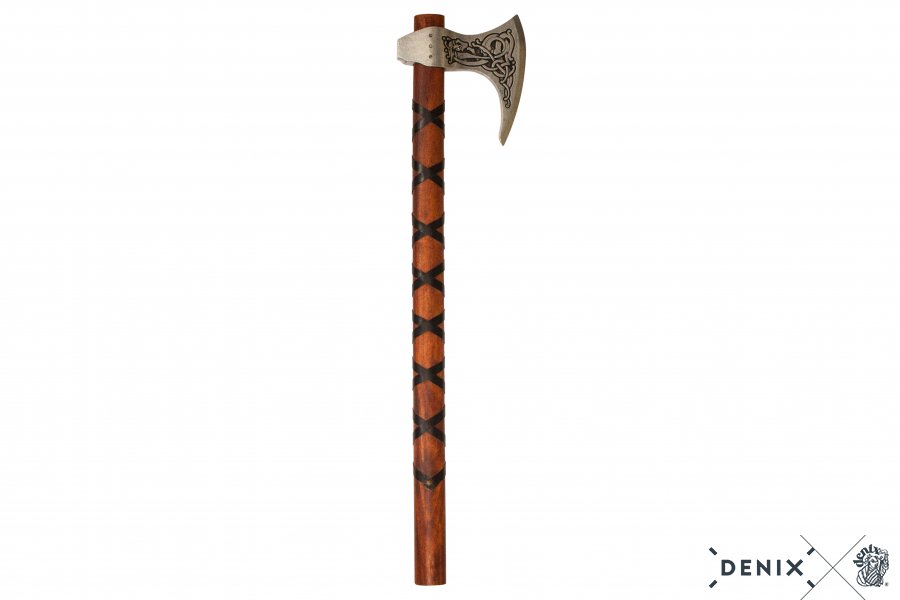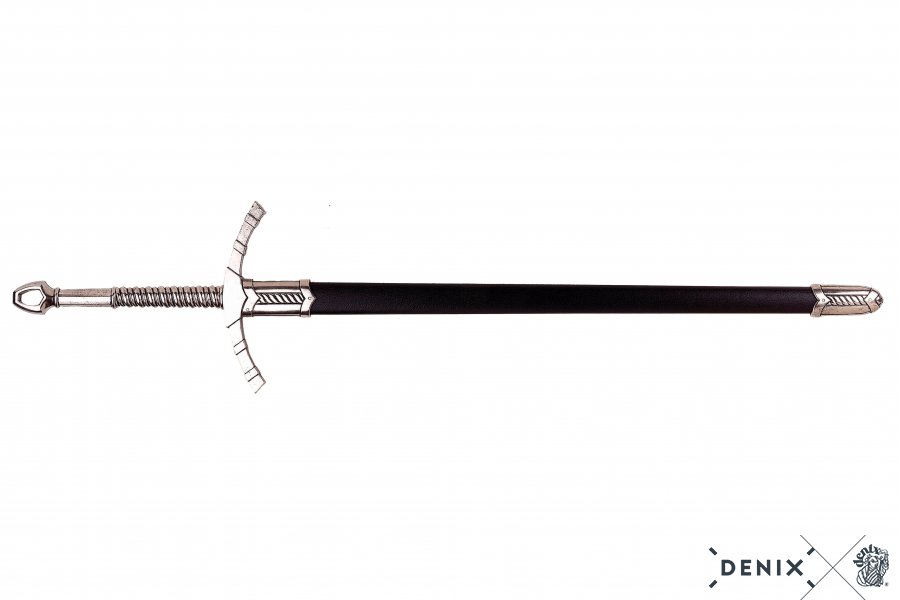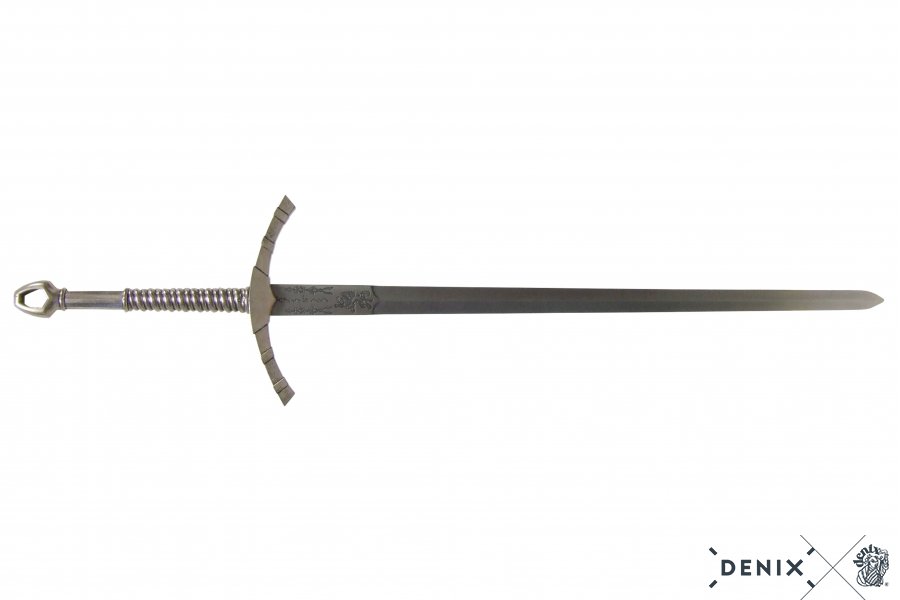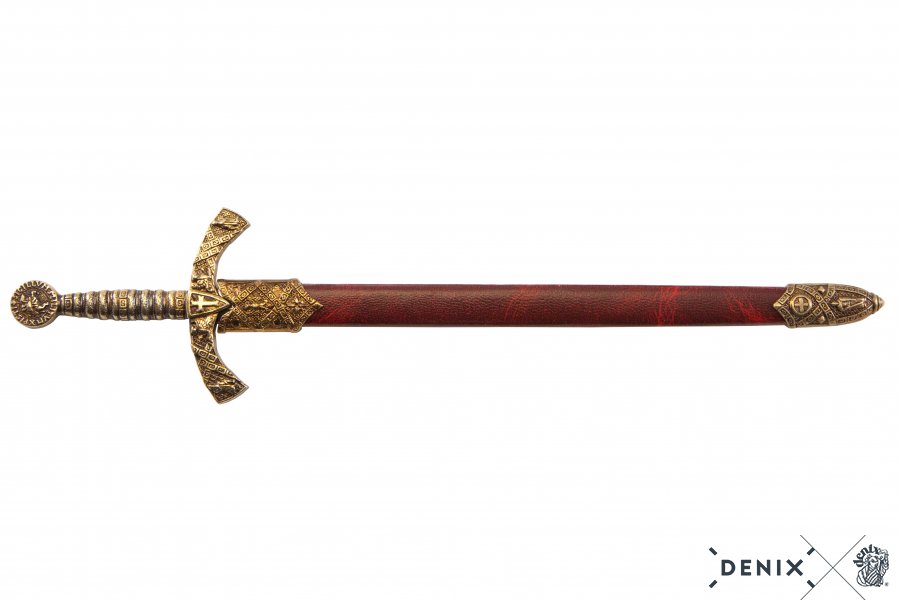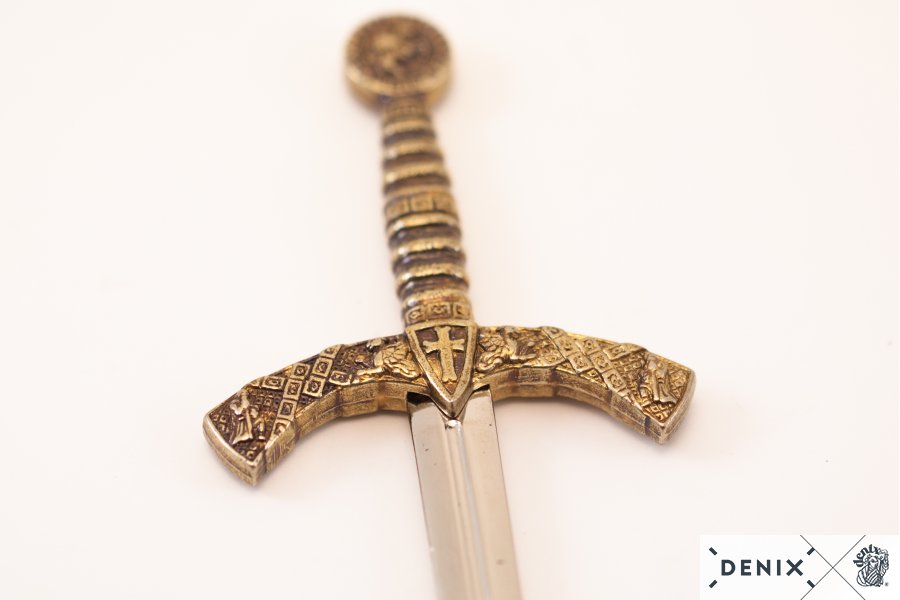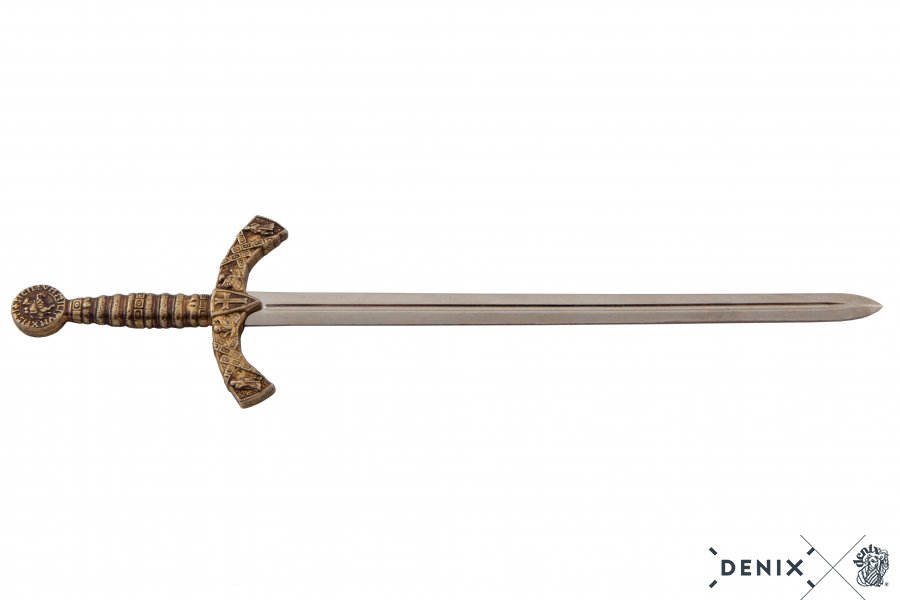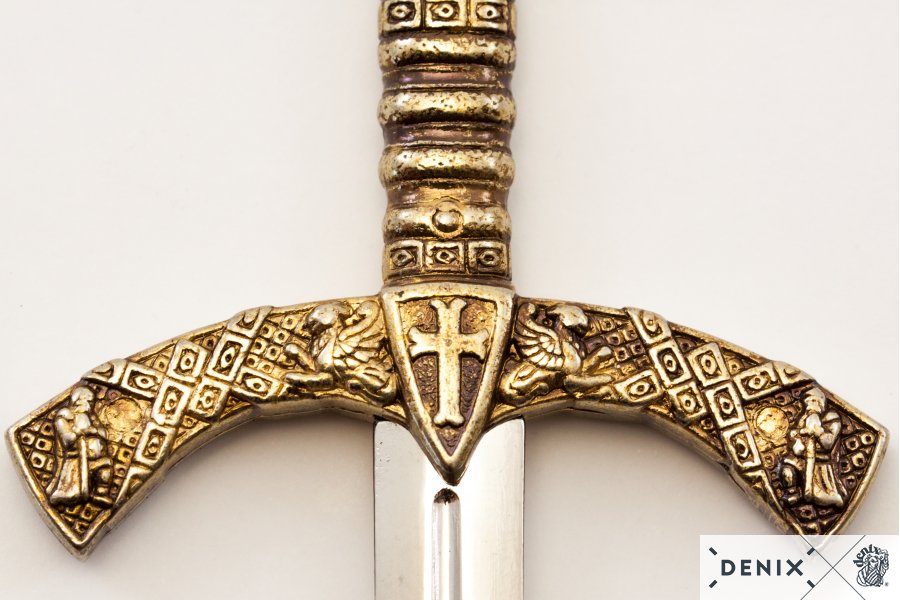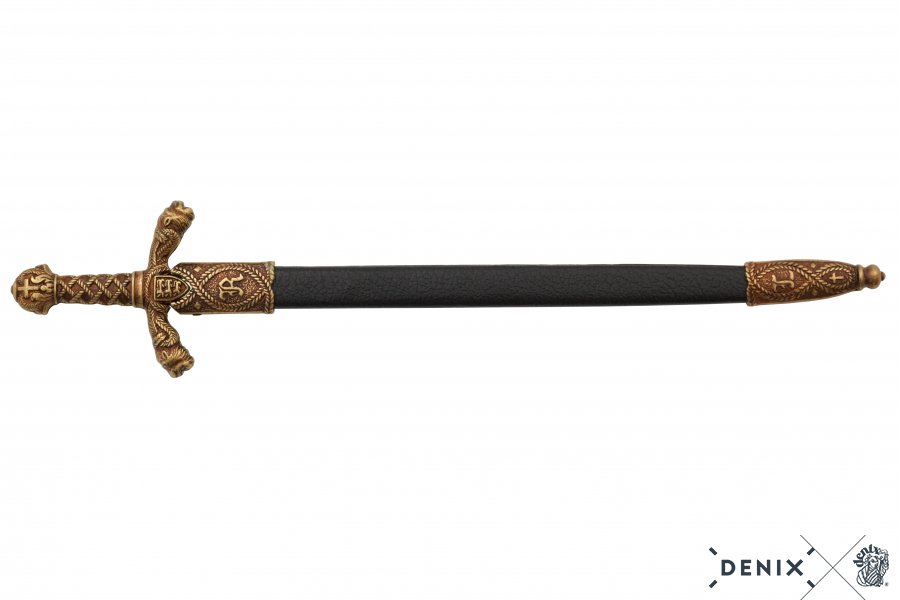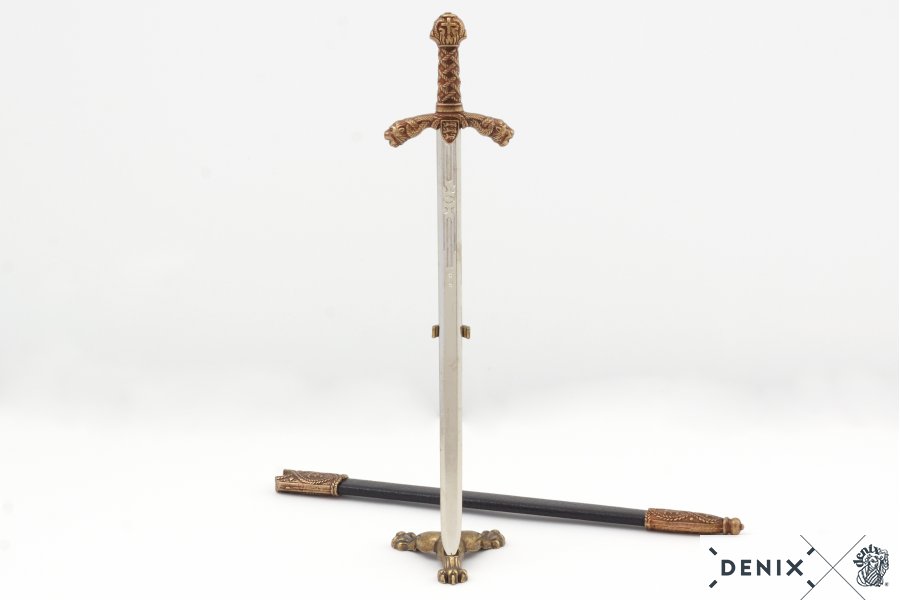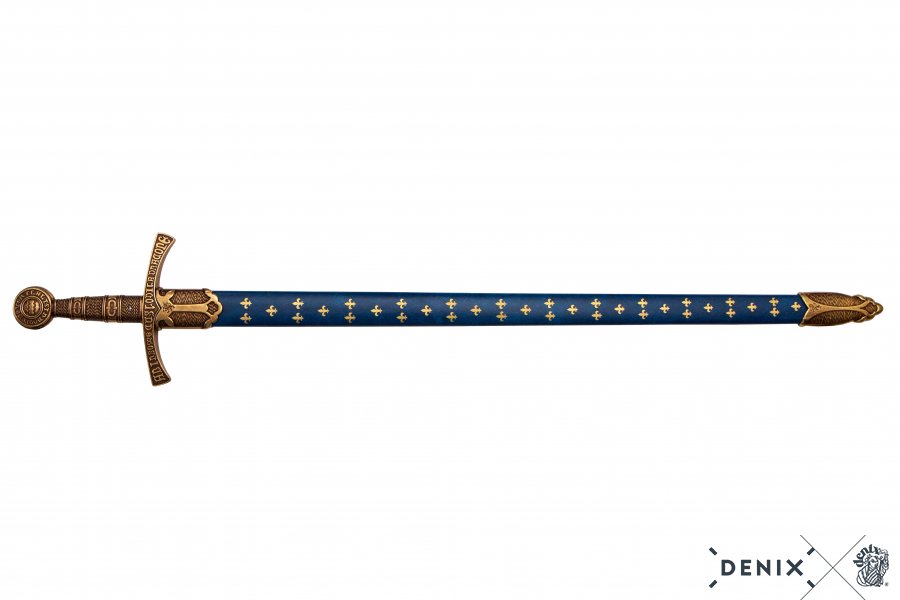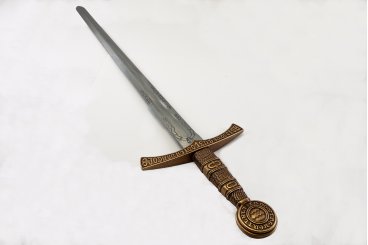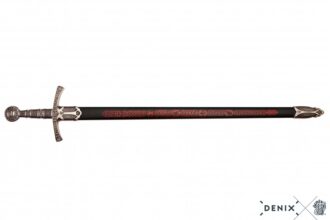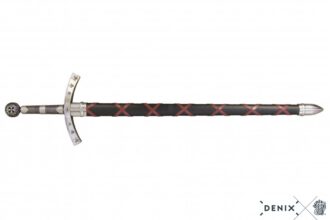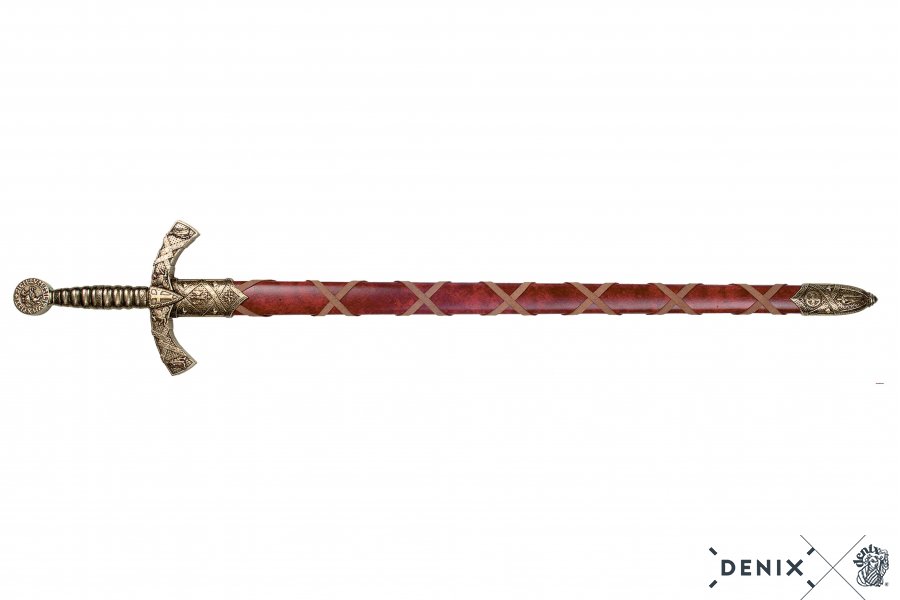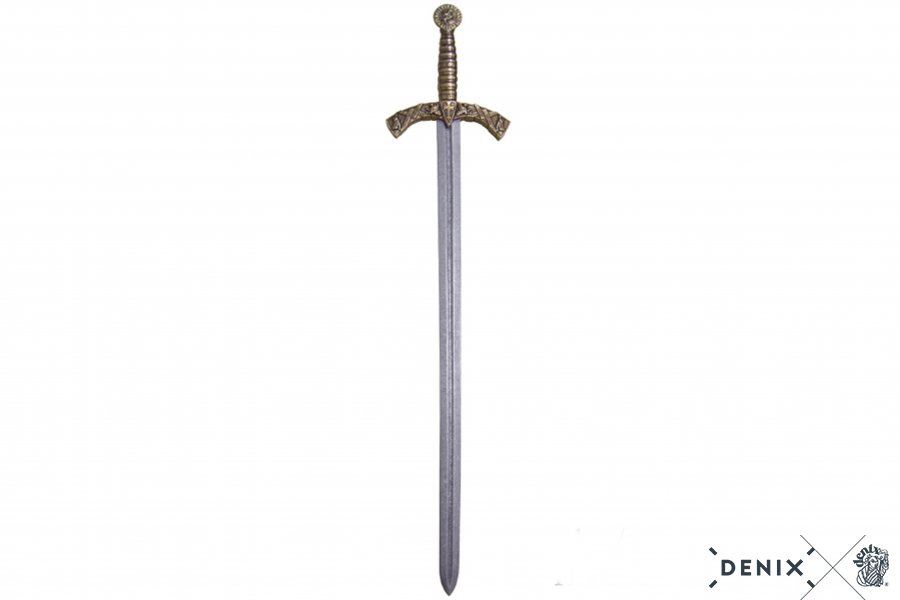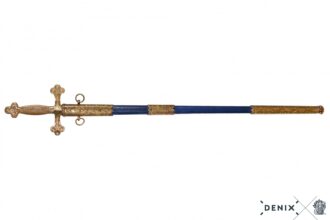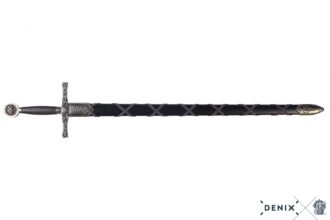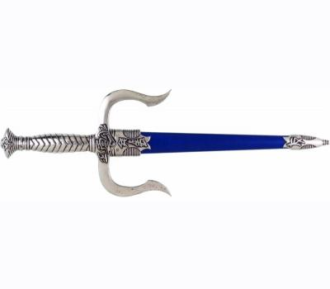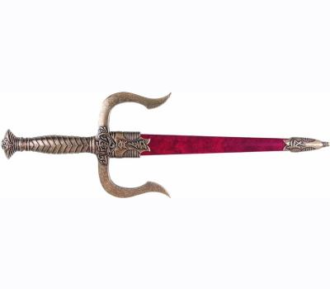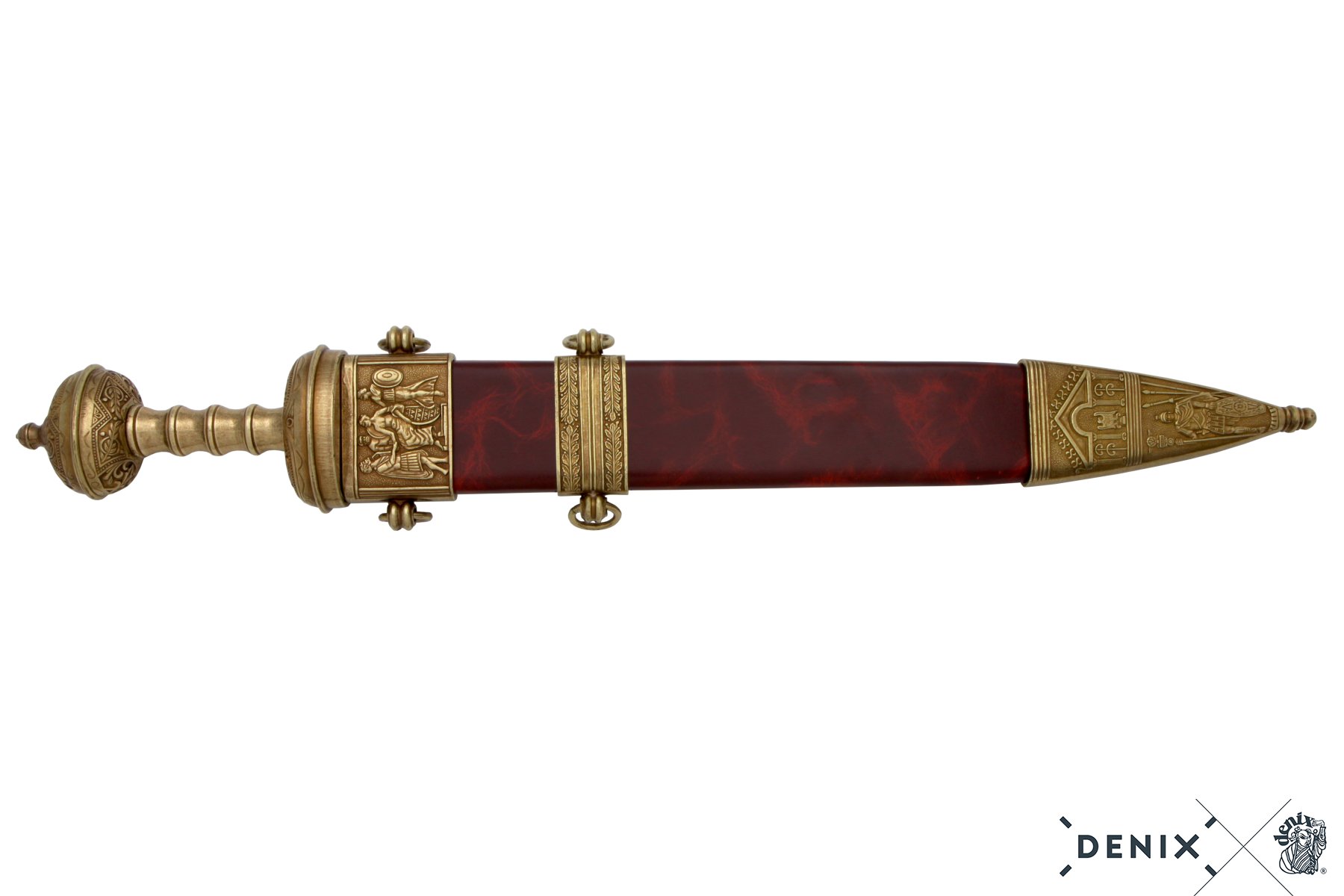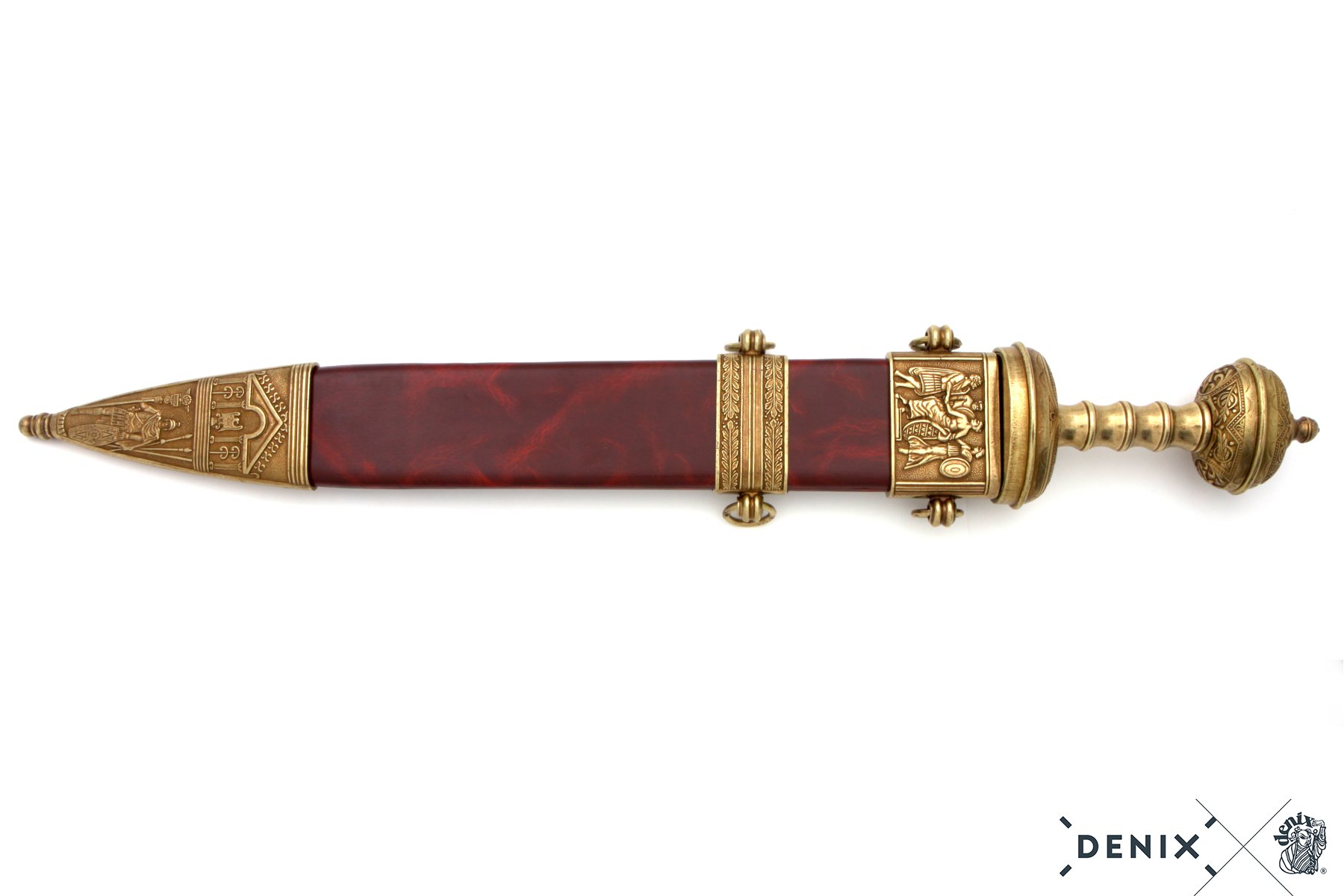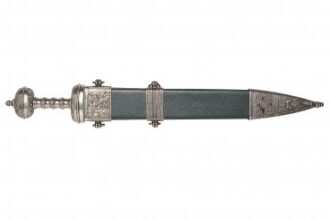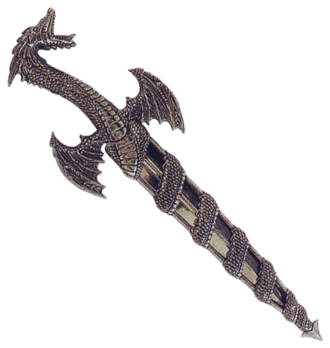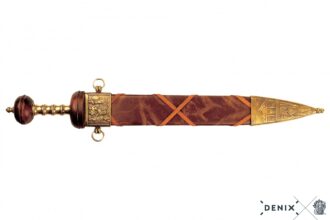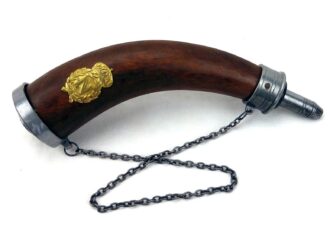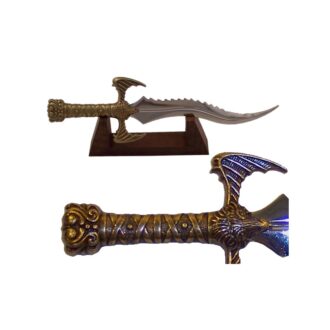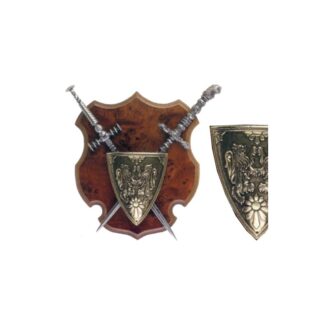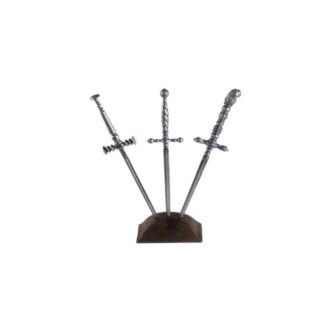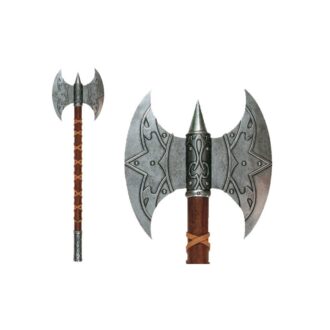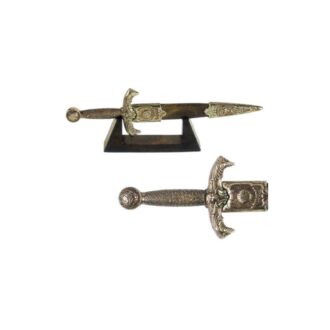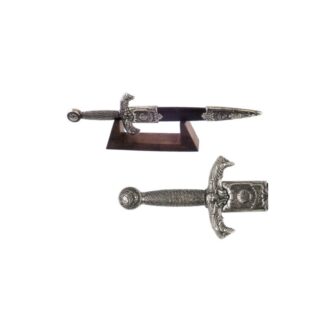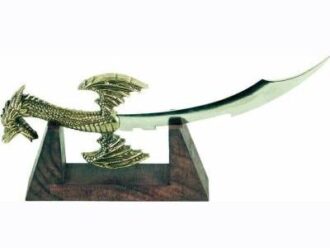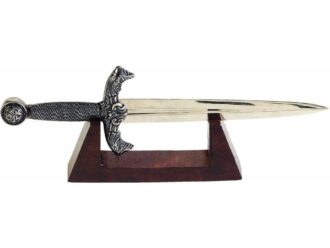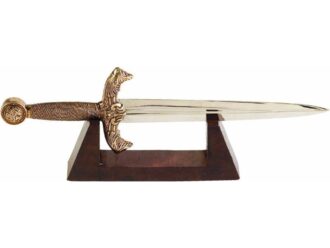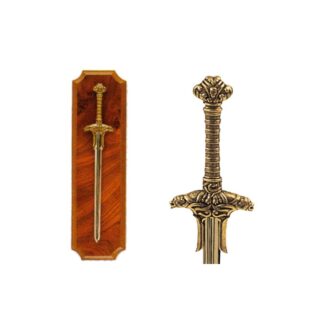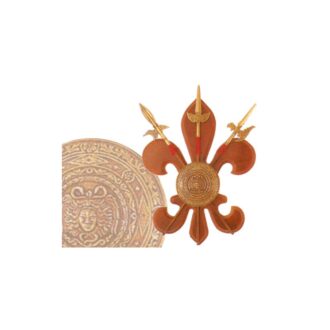When we speak of modern weapons, we mean concrete models. Our replicas of emblematic weapons that you will recognize them because they appear in movies, TV series and video games.
Like the Colt Python, a double-action revolver calibrated for the powerful .357 Magnum cartridge and employing Colt’s large “I” frame. Pythons are renowned for their precision, smooth stroke trigger and solidly closing drum. Its mainly police use has taken them to the fame by its appearance in the screens. This revolver appears as one of the most powerful weapons of the first game of the saga Resident Evil. A variant of it appears in the game Call of Duty, Grand Theft Auto, Naughty Dog or Dead Frontier. Also appears in the series The Walking Dead, in which is the main weapon of Rick Grimes.
Or the 1947 Avtomat Kaláshnikova model, better known by its acronym, AK-47, it is a Soviet assault rifle, 7.62 mm caliber, designed by Mikhail Kalashnikov, a Russian fighter during World War II. It was the Soviet Union’s official rifle between 1947 and 1978. As of December 2007, the AK-47 is the highest-producing firearm in history, with about 80 million units manufactured.
Without leaving Russia, the Makárov PM (Pistolet Makárova, in Russian) is a semiautomatic pistol designed in the late 40s, by Nikolai Fyódorovich Makárov, and was the standard military auxiliary weapon of the Soviet Union from 1951 to 1991. Protagonist of innumerable episodes between spies in the cold war.
In the US, the M16 (officially Rifle, Caliber 5.56 mm, M16) is the designation of the Armed Forces of the United States for the rifle AR-15. It entered to the service of the United States Army and it was used for the first time for the operations of the Vietnam War in South Vietnam in 1963, becoming the standard gun of the US military in 1969,5 replacing in that role M14 rifle. The US Army maintained the M14 in service in the continental United States, Europe, and South Korea until 1970.
The twentieth century contains the most bloody wars in our history. In the modern history of humanity two “World Wars” are known. World War I (1914-1918), also known as ‘The Great War’, where the Triple Entente fought against the Triple Alliance. And the Second World War (1939-1945), where the Allies fought against the Axis Powers.
Our replicas of insignia and weapons from the armies of the whole world involved, honour these episodes that can be kept in our memory. Hand grenades, carbines, rifles, pistols, revolvers, daggers, rifles and machine guns are some of the weapons that staged the two great world wars.
World War I, also known as the Great War, was a war developed mainly in Europe, which began on July 28, 1914 and ended on November 11, 1918, when Germany called for the armistice. After six months of negotiations at the Paris Peace Conference, on 28 June 1919 the warring countries signed the Treaty of Versailles. More than nine million combatants died, an extraordinarily high figure, given the technological and industrial sophistication of the belligerents, with their consequent tactical stagnation. It is considered the fifth deadliest conflict in the history of Humanity. The convulsion that provoked the war was soo big , that auspiced the way for great political changes.
The Second World War was a global military conflict occurred between 1939 and 1945. It involved most of the nations of the world. It was the greatest war in history, with more than a hundred million soldiers mobilized and a state of “total war” in which the great contenders dedicated all their economic, military and scientific capacity to the war effort, erasing the distinction between resources Civil and military. Marked by events of enormous historical repercussion that included the mass death of civilians, the Holocaust and the use of nuclear weapons for the first and only time in a military conflict, World War II was the deadliest conflict in the history of humanity, with a final result of between 50 and 70 million victims.
The cinematic tradition has sealed in our memory epic battles and missions of soldiers and spies … that in many cases use our replicas of historical weapons.
Walther PPK SEMIAUTOMATIC PISTOL, GERMANY 1919 – nickel
Compare1277/NQThe American Civil War was a conflict in the history of the United States of America that took place between 1861 and 1865, where the two sides faced were the forces of the Northern states (the Union) against the newly formed states Confederates of America, integrated by eleven states of the South that proclaimed their independence.
Abraham Lincoln lost a senatorial race in which he demanded a stop in the expansion of the slavery, but in 1860, Lincoln and Douglas faced again: this time like the presidential candidates of Republican and Democrat parties. By then the tension between North and South was extreme.
The first act of war was the Confederate assault on the Fort Sumter garrison on April 12, 1861. The army repression of Fort Sumter brought the Confederate states to Virginia, Arkansas, Tennessee, and North Carolina. Thus began the civil war between the Confederate States of the South and the States of the North, which would end by the victory of these lasts in 1865.
In 1864, an army of the Union under the command of general William Tecumseh Sherman crossed Georgia destroying the fields. Meanwhile, General Grant was beating strongly with Lee’s forces in Virginia. On April 2, 1865, Lee was forced to leave Richmond, the capital of the Confederacy. One week later he surrendered, and all the other Confederate forces surrendered afterwards very soon.
The stories of the conquest of the wild west begin, which took place in the nineteenth century during the expansion of the border of the United States of America towards the Pacific Ocean coast. Stories of cowboys, pioneers, “nobles” Amerindians, gambusinos, entrepreneurs … Stories of people of varied condition who embarked on the adventure to the west in the hope of achieving personal success, but which, frequently, ended up facing the justice or the fate of destiny.
Replicas of revolvers, rifles, pistols and carbines attest to these stories and lead a literary and cinematographic genre through the adventures of sheriffs, outlaws, stagecoaches, or the extension of the railroad to the west coast and the border with Mexico. Stories of cowboys on their ranches. Or the legendary figure of Buffalo Bill.
Do you know who Denix was? This name comes from one of the three war gods in the Japanese mythology. Deducing from the place it comes, it seems that it must be the same as Amida, the greatest god of the Japanese Olympus.
Our admiration for the replica guns takes us back to the samurai culture, filled by the great battles of a military elite who ruled Japan for hundreds of years. Thousands of stories and legends about the samurai carried on horseback with their great bows or in duels with their nihont, more commonly known in the west as katana. This weapon was most closely related to the samurai and even came to be considered during the Edo period as “the soul of the samurai.”
In the West and Europe from the 16th to the 19th centuries, our catalog shows a great number of guns, flintlock pistols, dewling pistols, blunderbusses, carabiners, rifles with bayonets or rifles. Firing arms of the Castile, England, Austria, Germany, Italy, France … of that period, accompained by sabers and swords.
While the indomitable Cossack armies plundered the Polish-Lithuanian border, which would later befall the Napoleonic armies in the Russia of the tsars.
Times of great battles. Scenes of duels between knights. Centuries of wars between the major kingdoms of Europe until the arrival of the Enlightenment and the French Revolution when historical figures such as Napoleon emerge. Figure that protagonizes that period. During a period of little more than a decade, he took control of almost all Western and Central Europe through a series of conquests and alliances, and only after his defeat in the battle of the Nations, near Leipzig, in October of 1813, he was forced to abdicate a few months later. He returned to France and to the power during the brief period called the Hundred Days and was decisively defeated in the battle of Waterloo in Belgium, 18 of June of 1815, being exiled by the British in the island of Santa Elena, where he died.
Centuries of great emperors like Peter the first of Russia, nicknamed Peter the Great was one of the most outstanding rulers of the history of Russia, He pertained to the Romanov dynasty.
With the arrival of Christopher Columbus to Cuba on October 27th, 1492, began the first centuries of Spanish rule in America. The Route of the Indies that followed the Spanish ships, crossing the Atlantic ocean thru Cuba or Hispaniola. From these islands started their routes to the continent: to Veracruz, Portobello, Maracaibo, La Guaira, and Cartagena de Indias.
The pirates attempted (and in many cases succeeded) in stealing valuable cargos of gold, silver and other goods from the New World, which coasts provided them an ideal place for their activity because of its abundance of islands in which pirates could take refuge. You can feel the experience and the adventures of privateers, pirates and buccaneers through replicas of their weapons and treasures. Pistols, swords and daggers that staged endless trips and assaults to the coasts of the Caribbean and South America.
Many years before, the exploits of Barbarroja Jeireddín, who was one of the most important corsairs of the sixteenth century, allowed the Maghreb to achieve a great power over the Mediterranean trade.
And finally, our replicas of sabers, swords, cannons and guns or spark guns recall characters such as Bartholomew Roberts, a Welsh pirate known as one of the most successful in blocking the British fleet in his attempt to protect the treasures in The Caribbean and North America. And Black Beard, who before being a pirate was a sailor of the Royal Navy, but after the War of Spanish Succession began his criminal activities under the commandment of Benjamin Hornigold. His most famous attack was realized in Charleston (South Carolina) in May of 1718.
We are transported to the world of the Germanic iron age of the barbarian kingdoms. And to the Vikings, where Scandinavian peasants armed with swords, knives, shields, helmets, axes and bows traveled on periodic expeditions to loot neighboring coasts and return to their homes loaded to the brim of gold, jewels and silks.
Their siege reached much of northern and central Europe, leading fierce attacks from their beliefs and religion that only allowed them access to the “Valhalla” (the Viking paradise) if they fought heroically and showed no fear to their enemy. And where Odin, their war-god, was in charge of sending the Valkyries to collect the heroic warriors killed in the battle (the Einherjer) who sit next to him in the “Valhalla” where Odin presides over the banquets.
But the Middle Ages take us until the Crusades and some historical figures such as King Arthur (and his sword Excalibur), Richard the Lionheart and the Knights Templar with their founder Hugo de Payns.
Through the replicas of their swords, shields and armor you can enter into the holy battles of medieval times. Battles and tournaments between knights and feudal lords. The successive Christian military campaigns to reject the Islamic control of the Holy Land and other strategic enclaves dominated by Muslim troops.
Replicas of weapons such as the daggers and swords of the classic Rome transport us to the times of the Emperor Julius Caesar or to the competitions of gladiators that entertained Roman citizens. But the history of the arms of the classic Antiquity begins in Greece, who was surrounded by hostile neighbors such as Persians, Macedonians, and later the Romans. Battle strategists who teamed them up in the Delos league, where Spartans were ready for the ground assaults and the Athenians relied on their strong navy and their fleet of ships known as triremes to defend Greece.
The Greeks attacked with their long spears, shields, helmets and breastplates that helped them break the enemy ranks and refuse the Persian army in the battles of Marathon, Thermopylae and Artemis. After the reject of the Athenian culture in the battle between Athens and Sparta, the power of the old Macedonia emerged. Figures such as Alexander the Great and his father, King Philip II of Macedonia, conquered territories by joining the armies of the ancient Greek state cities, forming the Corinthian League to fight against the Persians. The Macedonians combined the well-known Greek military strategy (like the rectangular formation known as the phalange) to the development of superior arms like the spear of 15 feet known as sarissa, a good cavalry. Or the torsion catapult, the crossbows or the manubalista.
The time of Rome arrives after the looting Rooster in the 390 b. C. when they repel the invasion of the Italian peninsula. And they develop their military strength based on simple weapons like armor, shields and daggers. But under excellent supervision, great leaders and a discipline that enabled the Romans to create armies and superior military forces. Relive with our replicas the battles of legionaries and soldiers of Rome equipped with the traditional Roman sword gladius.
Their weapons and their military strategy are the origin of the expansion of the Roman Empire in Europe, the Mediterranean and the North of Africa fighting with barbarians and Bretons with great victories. Emerging historical figures like Julius Caesar in battles such as Bibracte, Alesia, Farsalia, Ruspina or Tapso.


